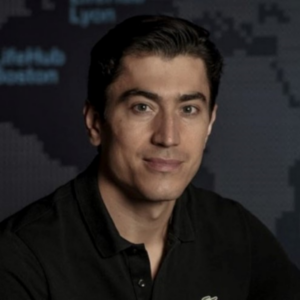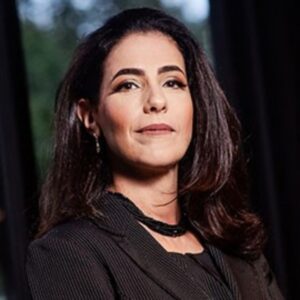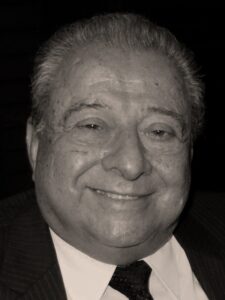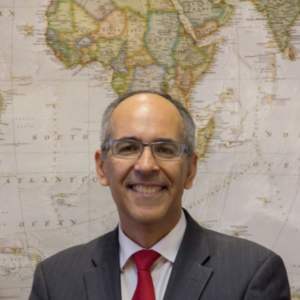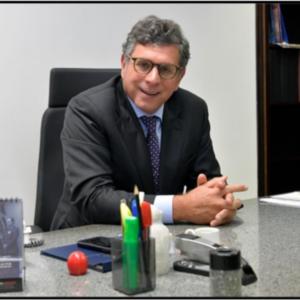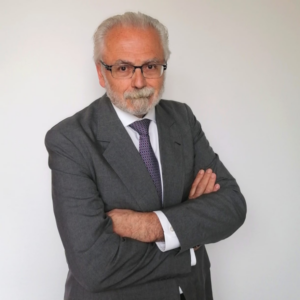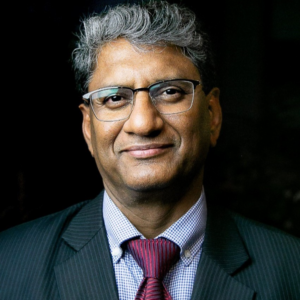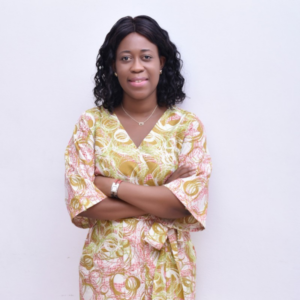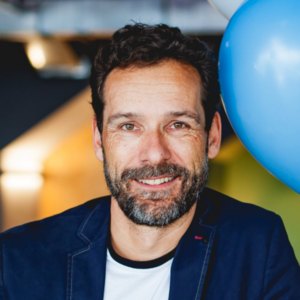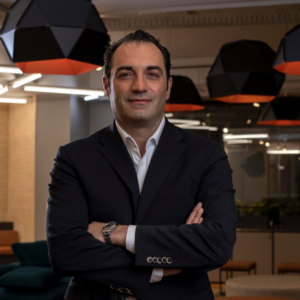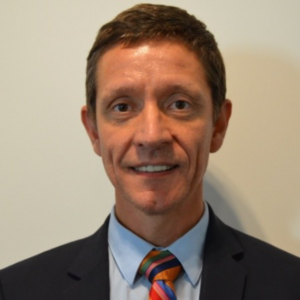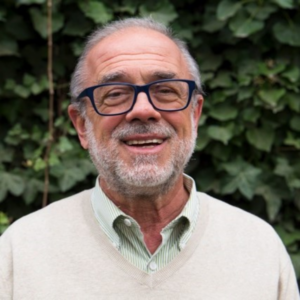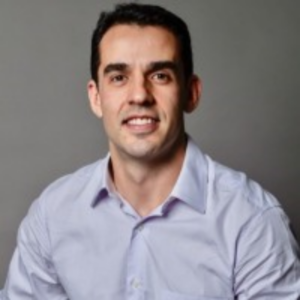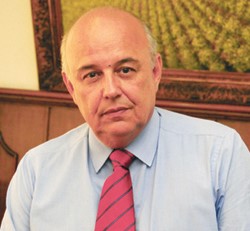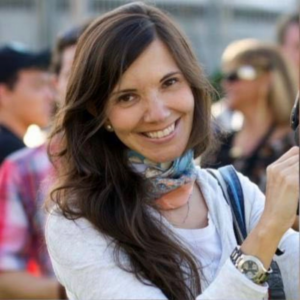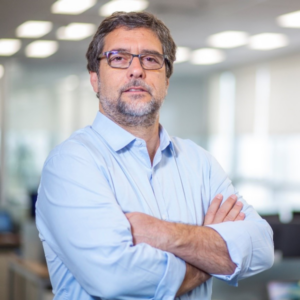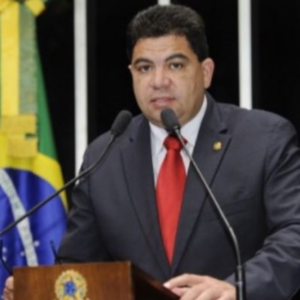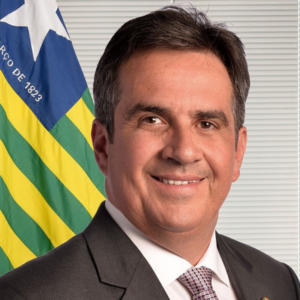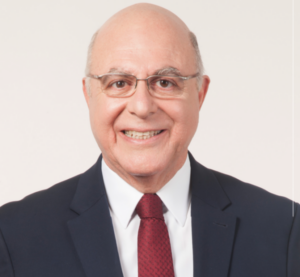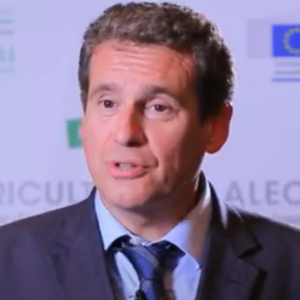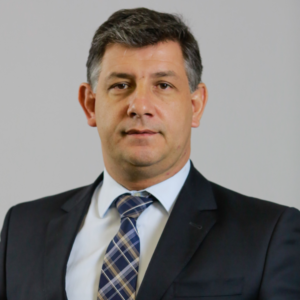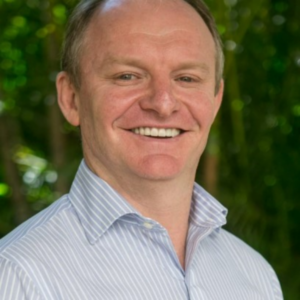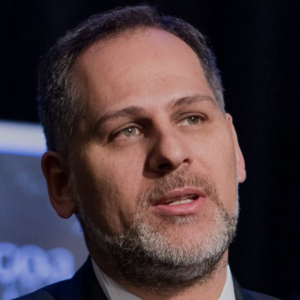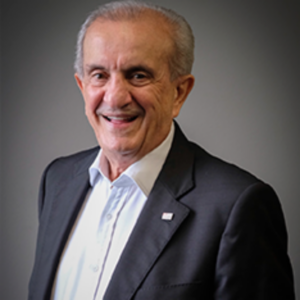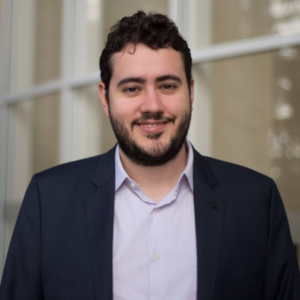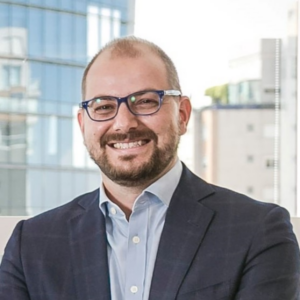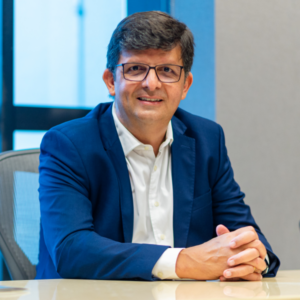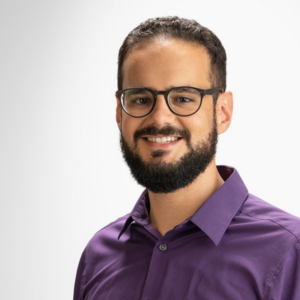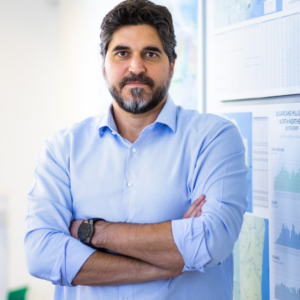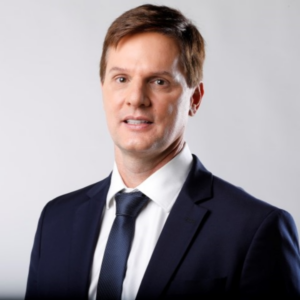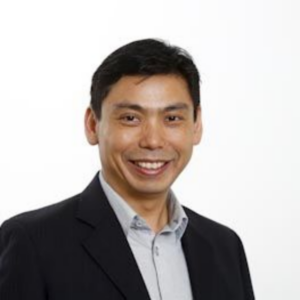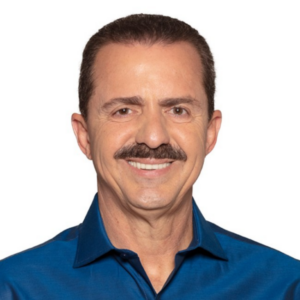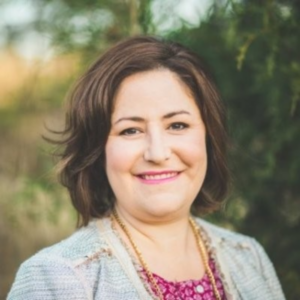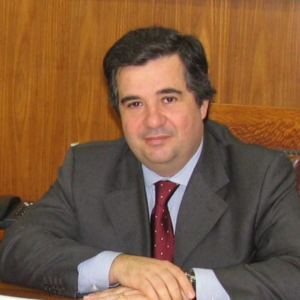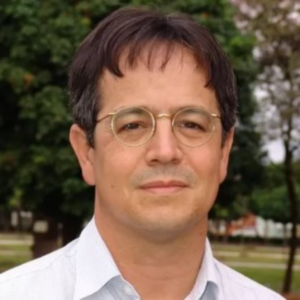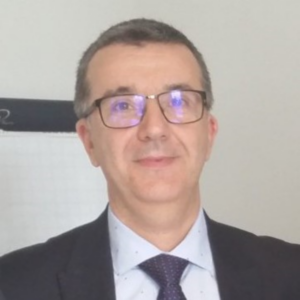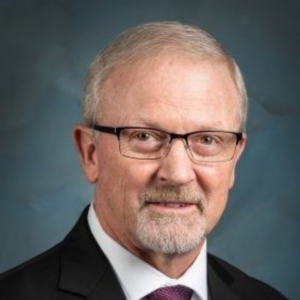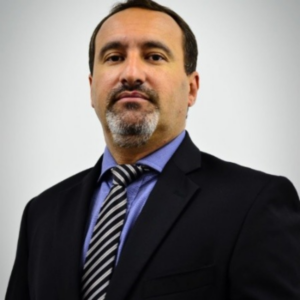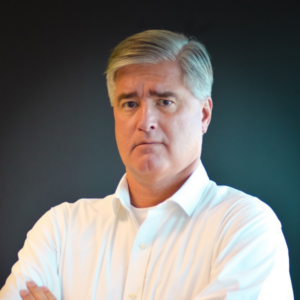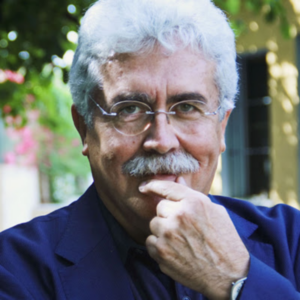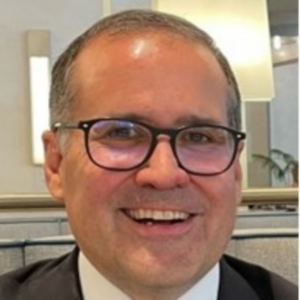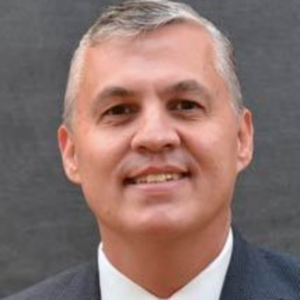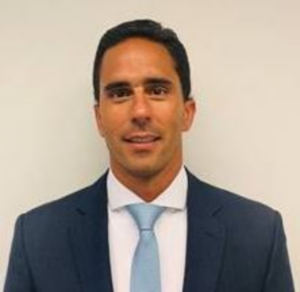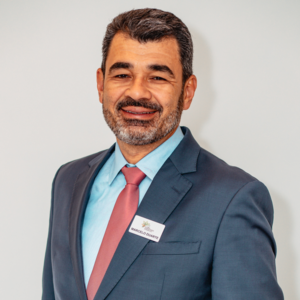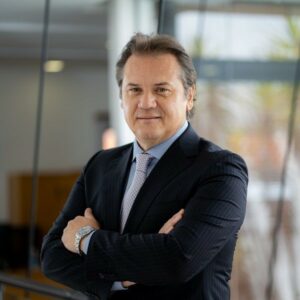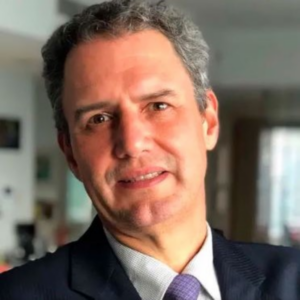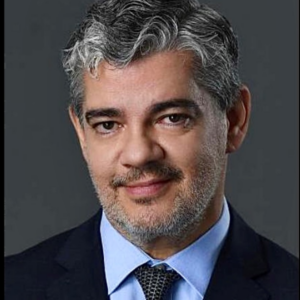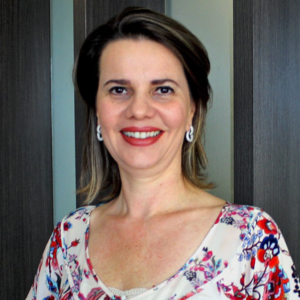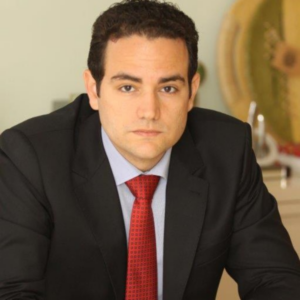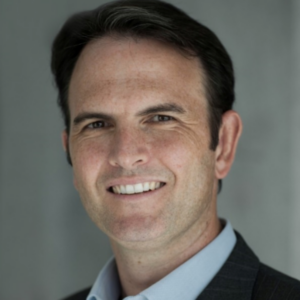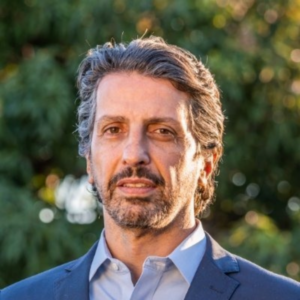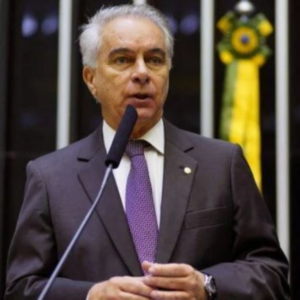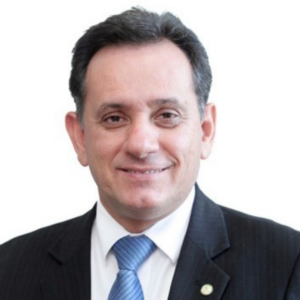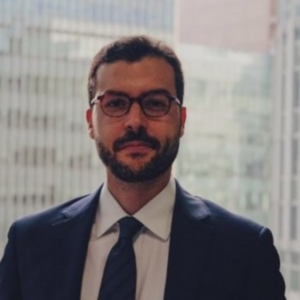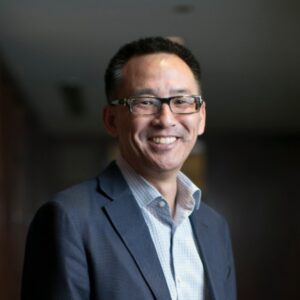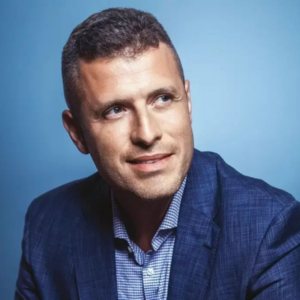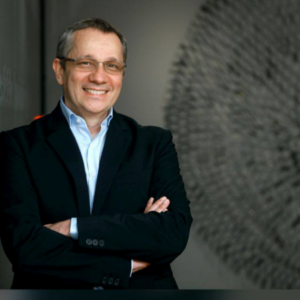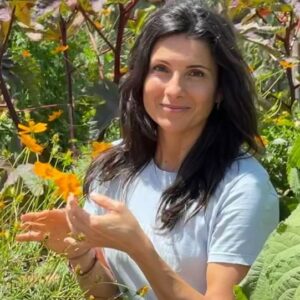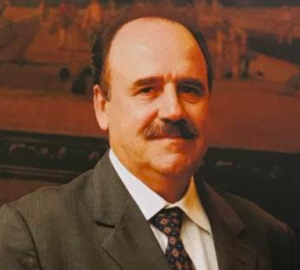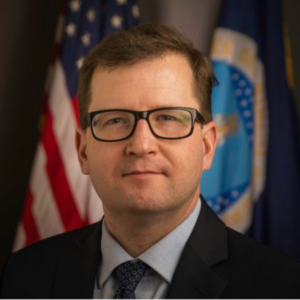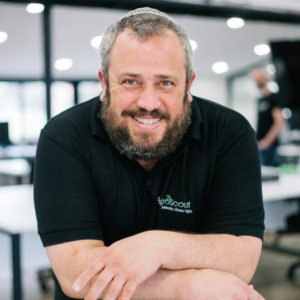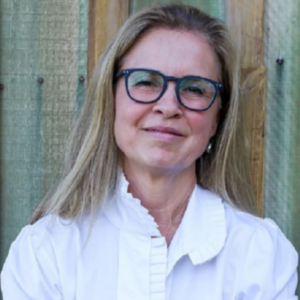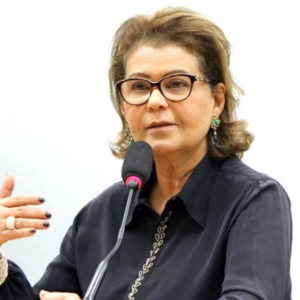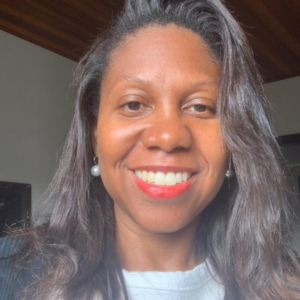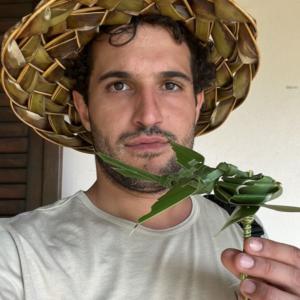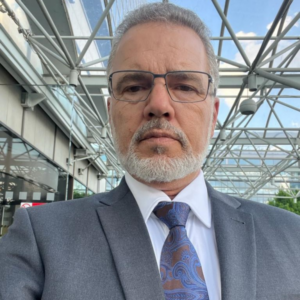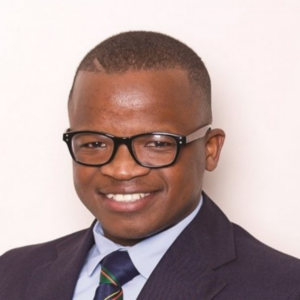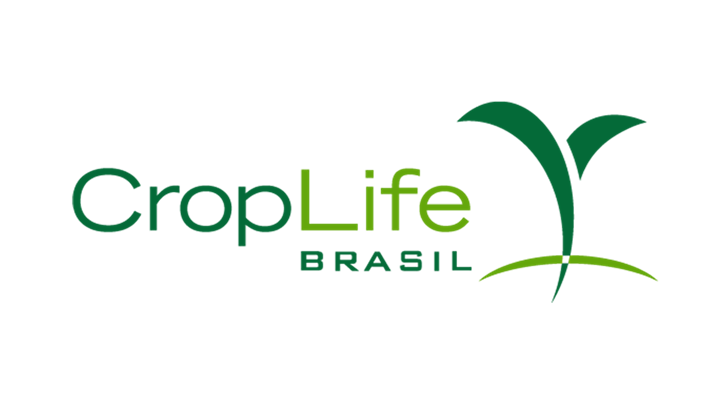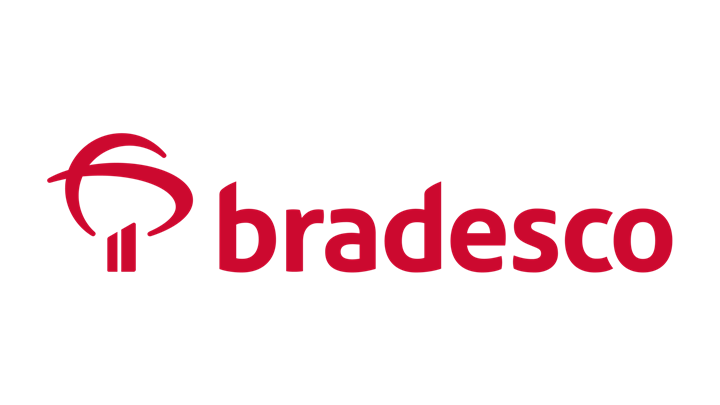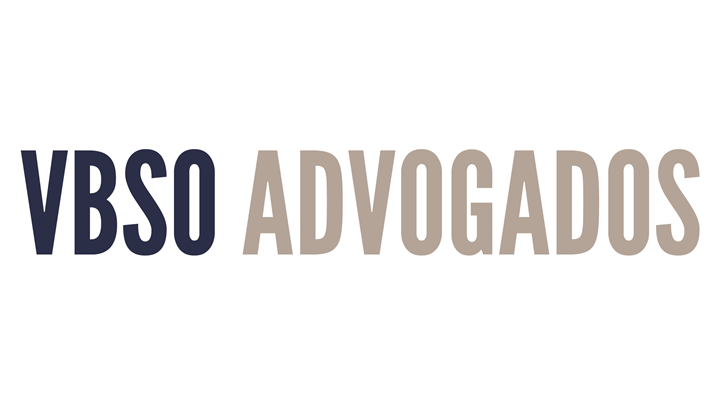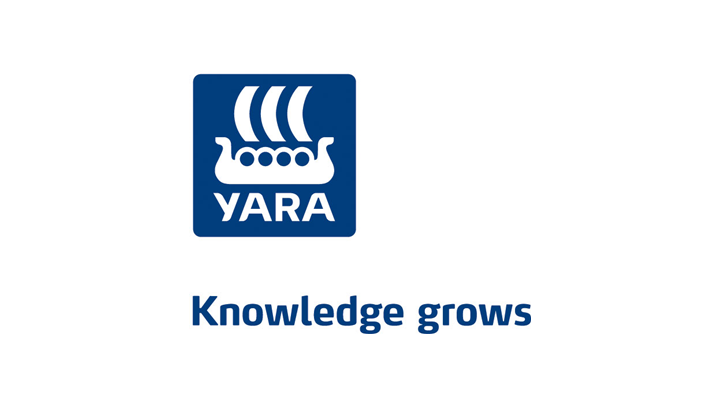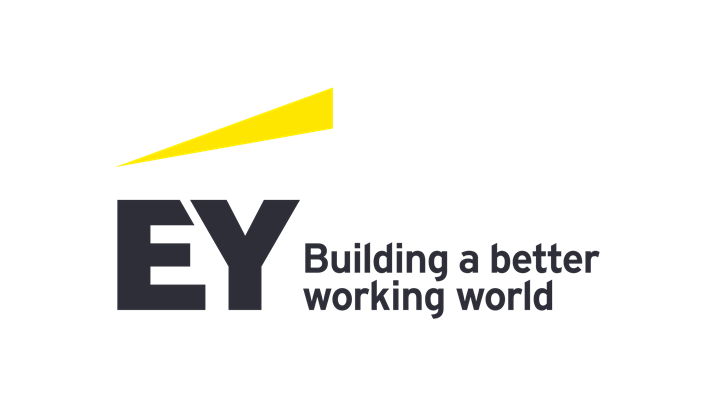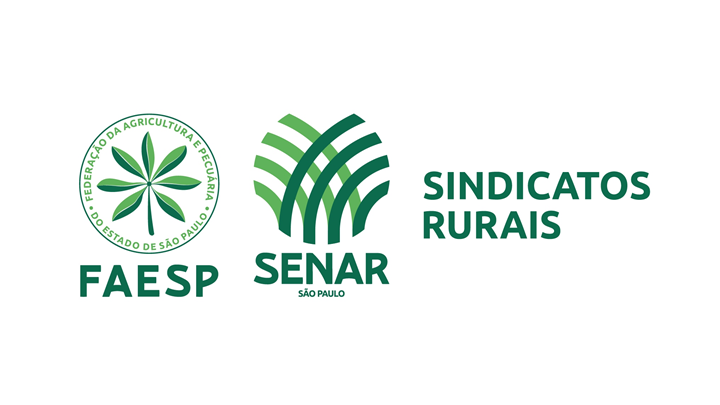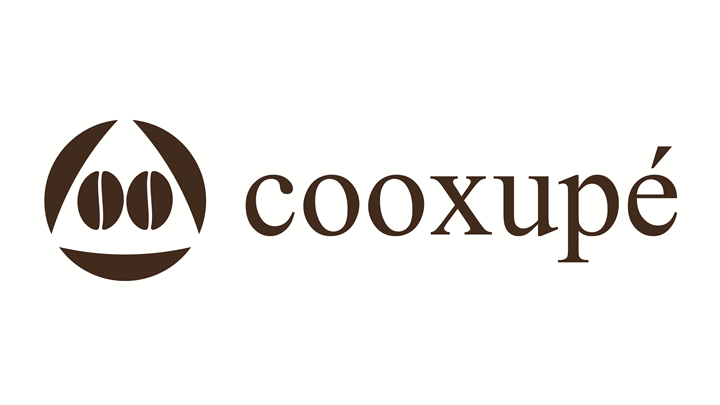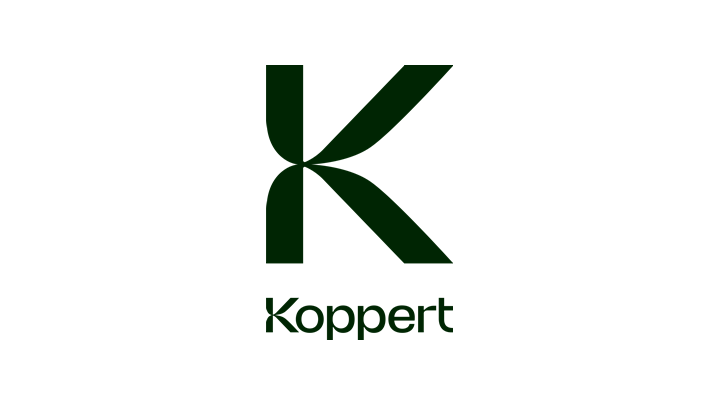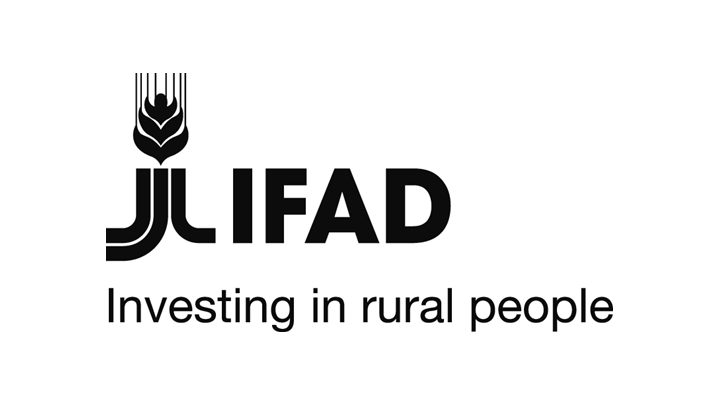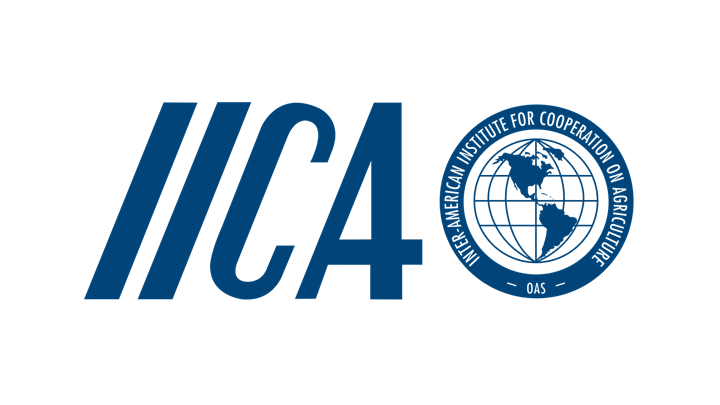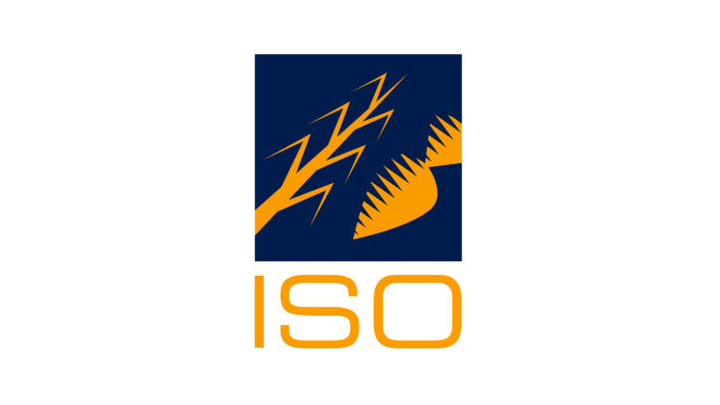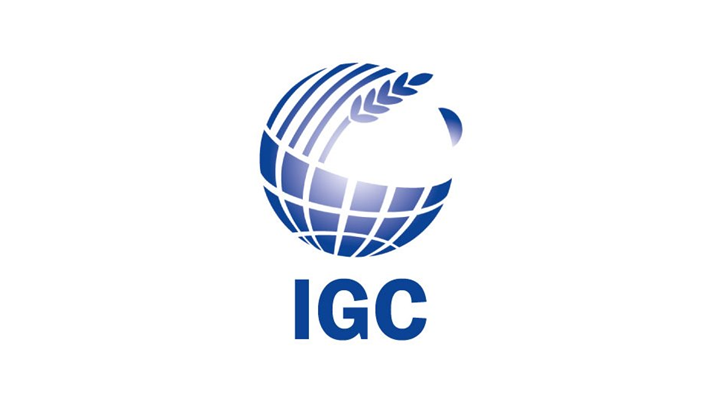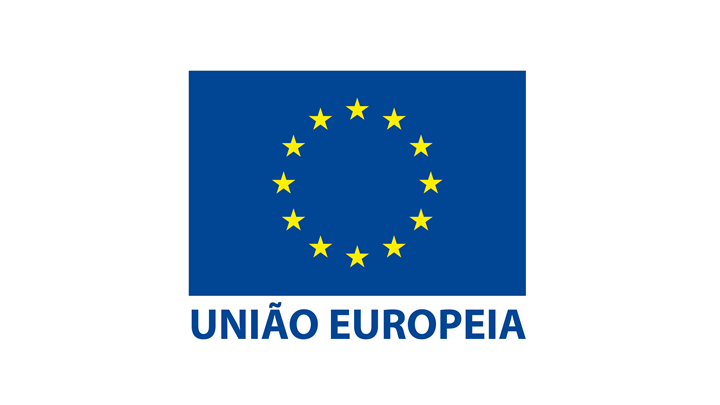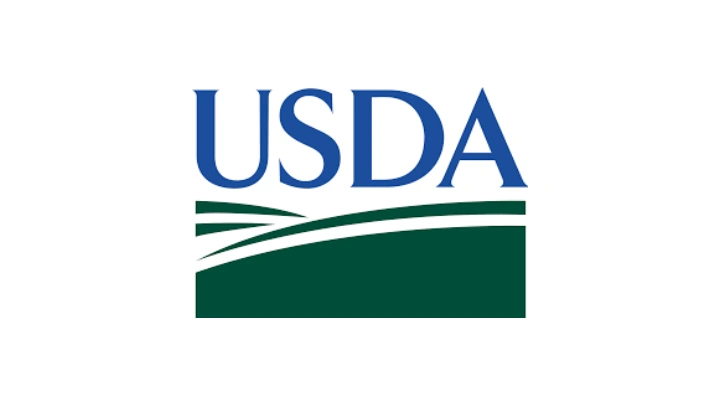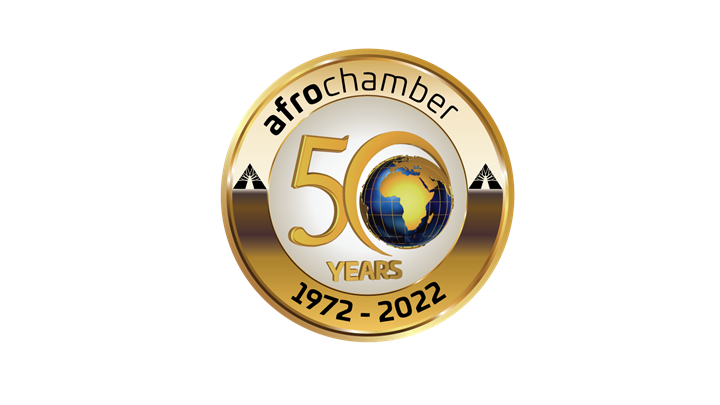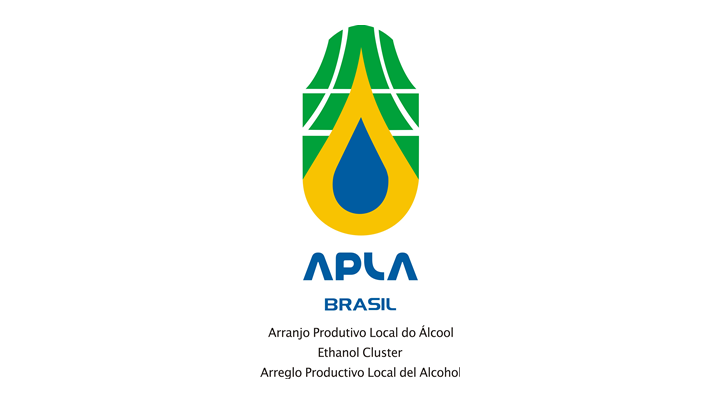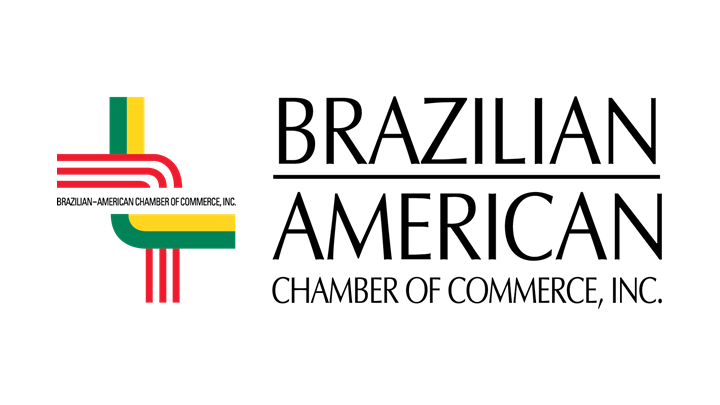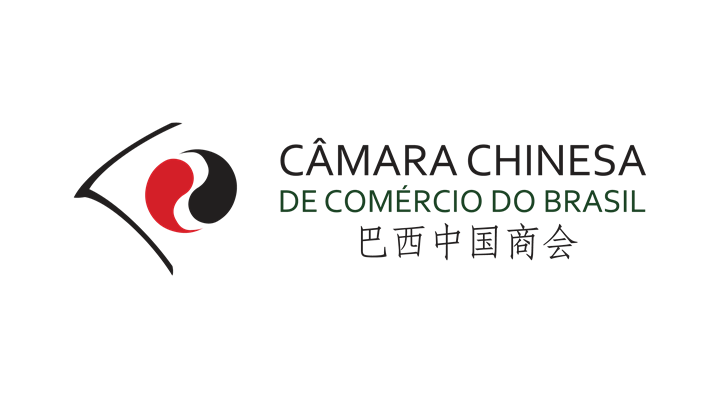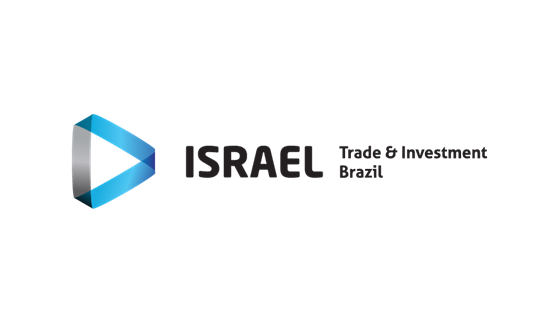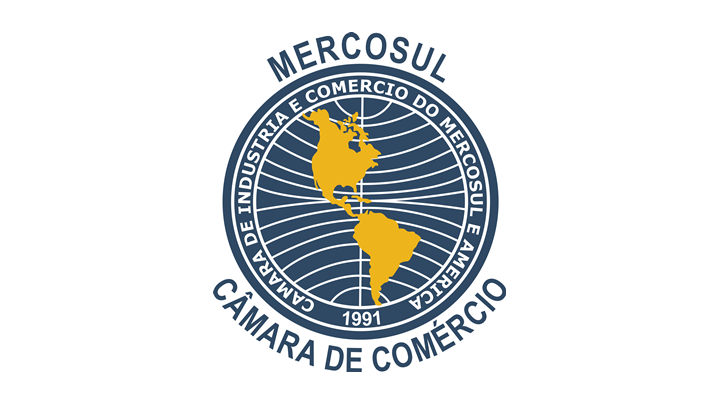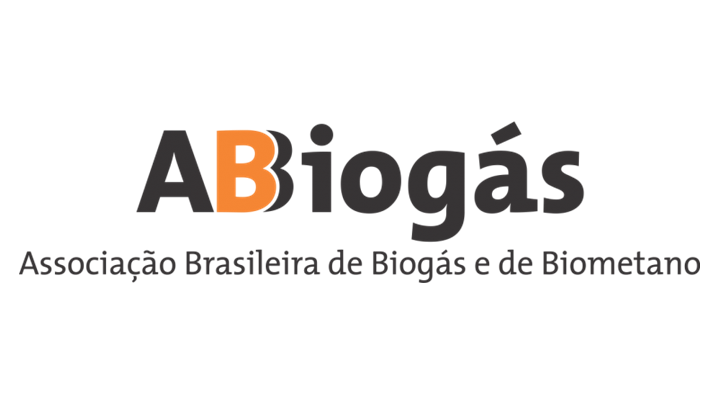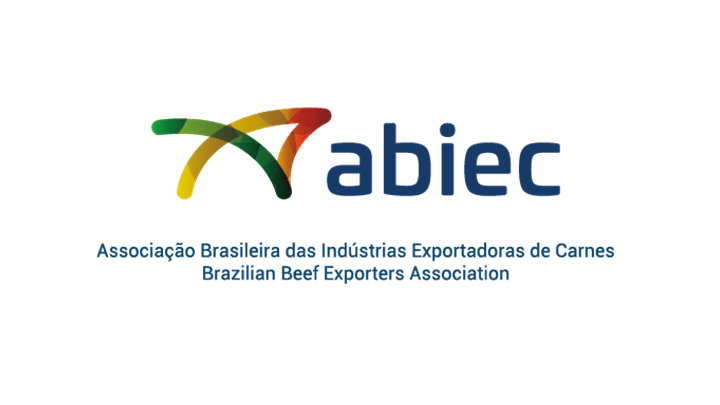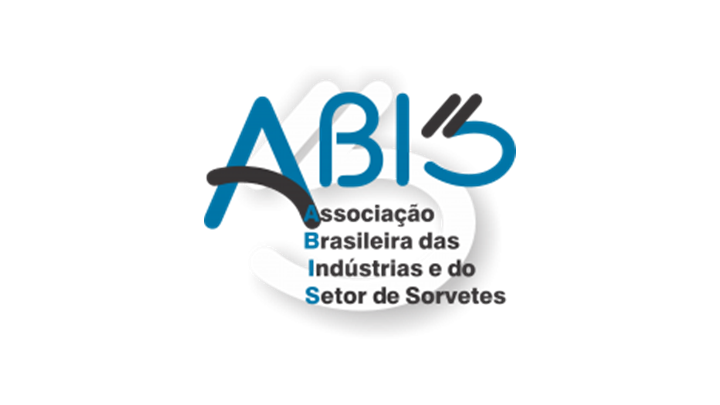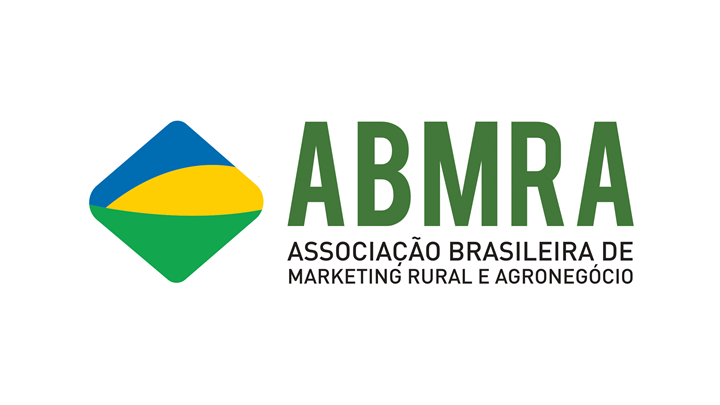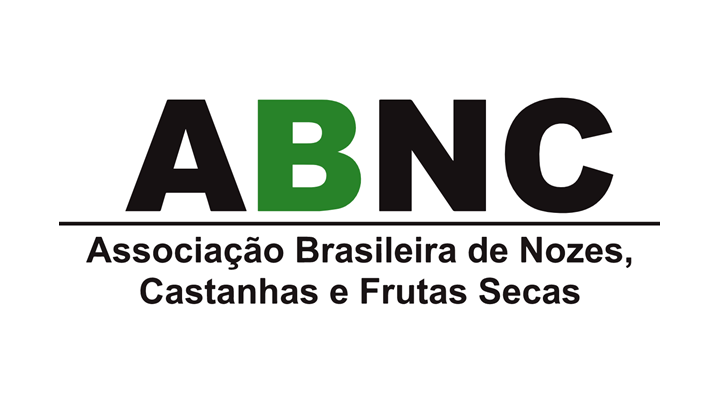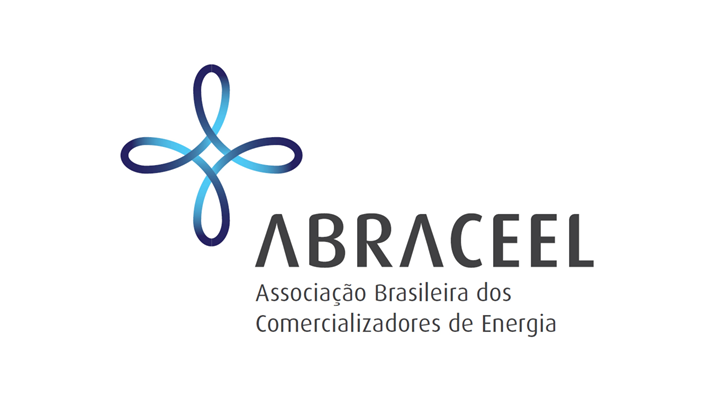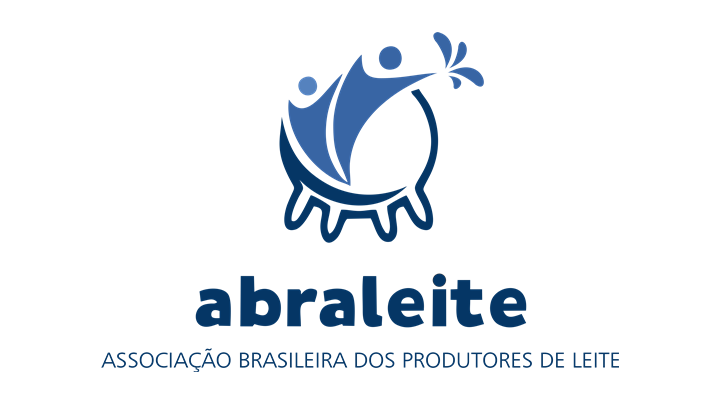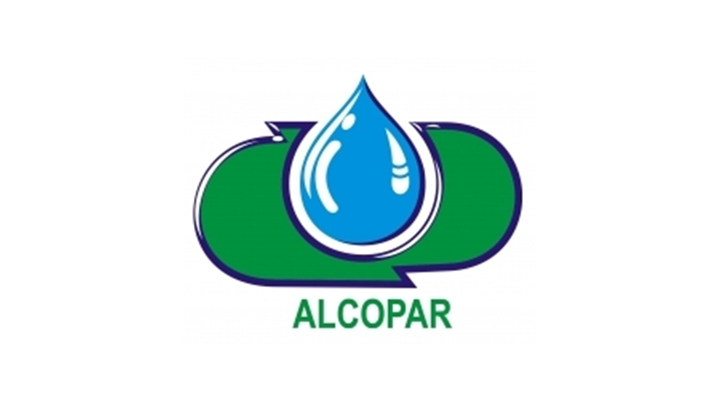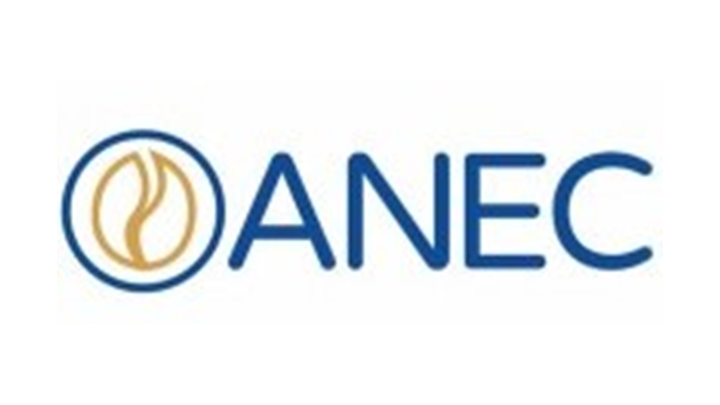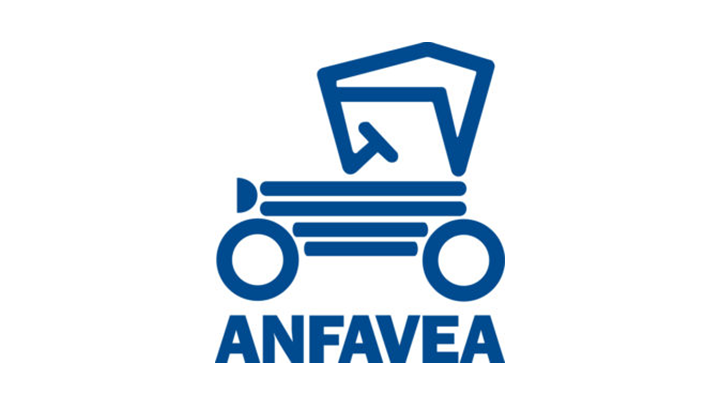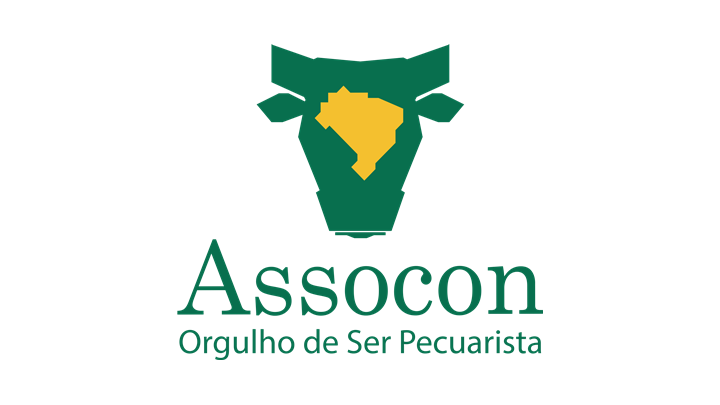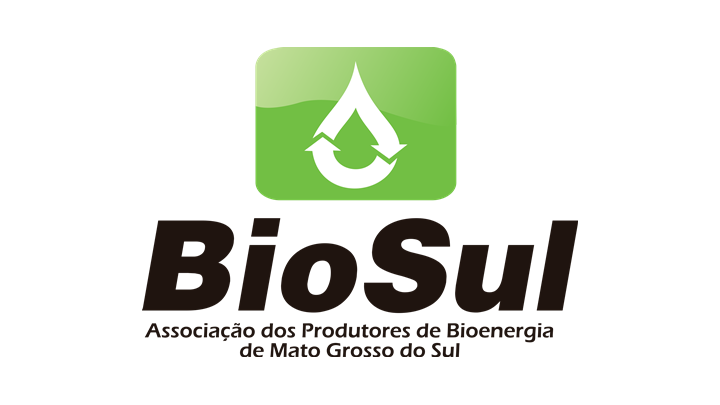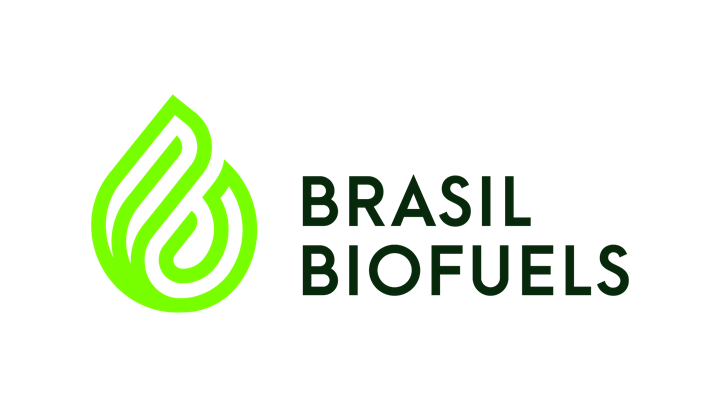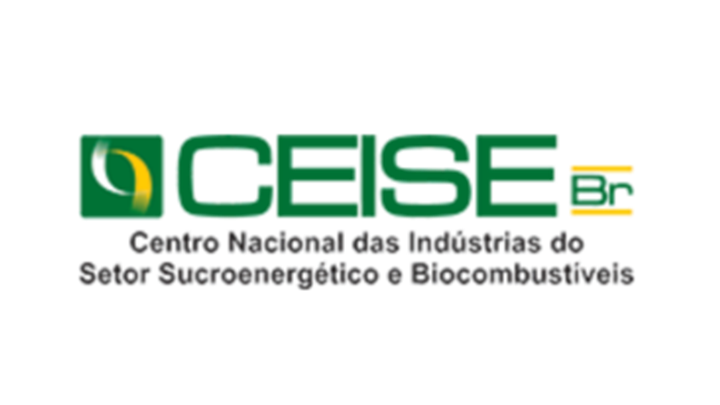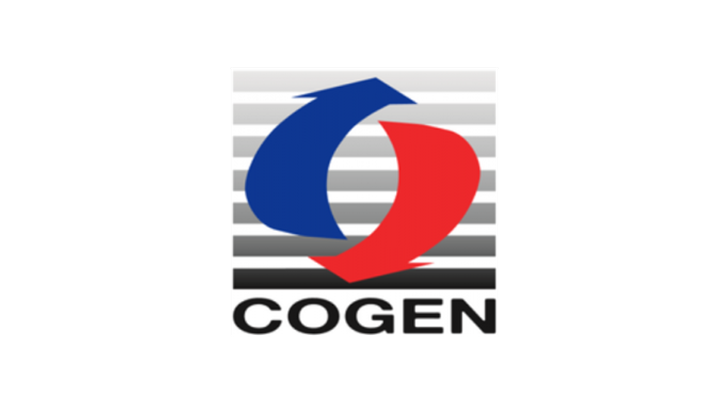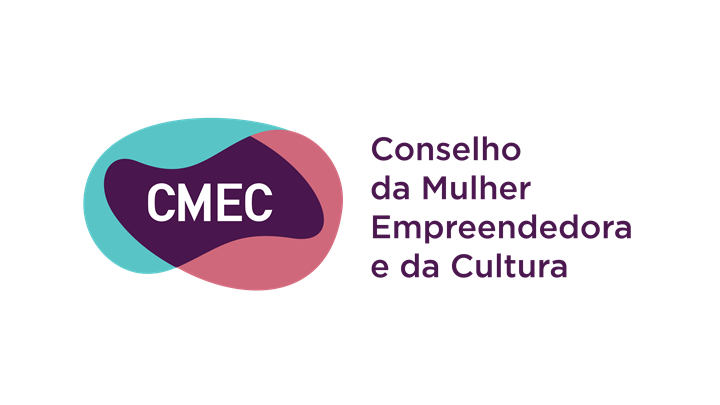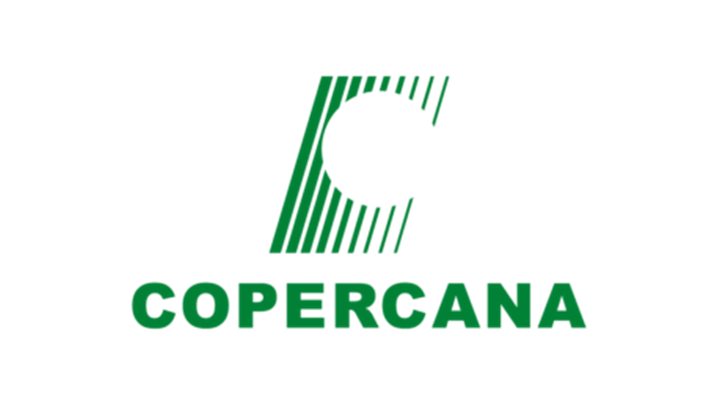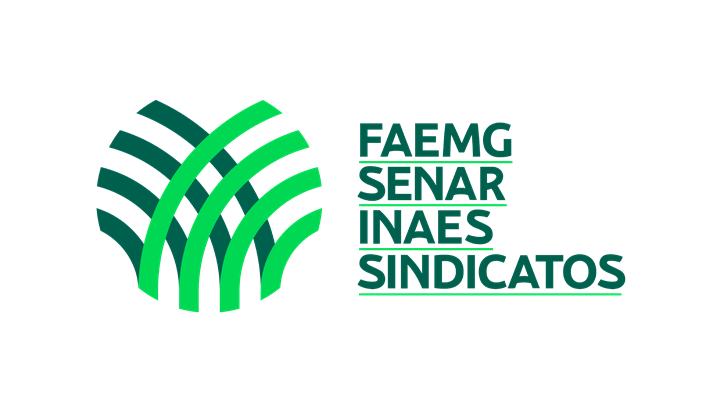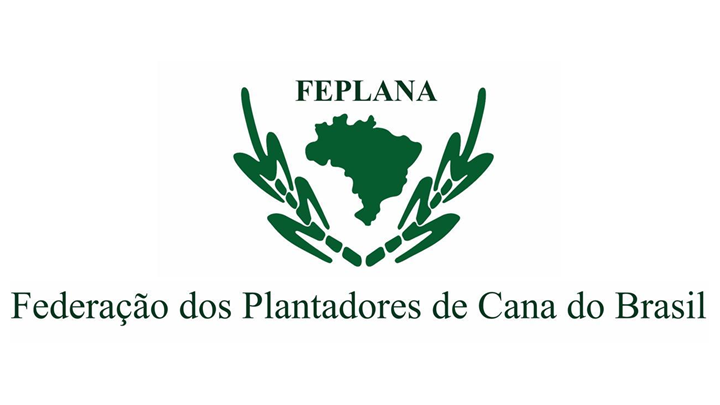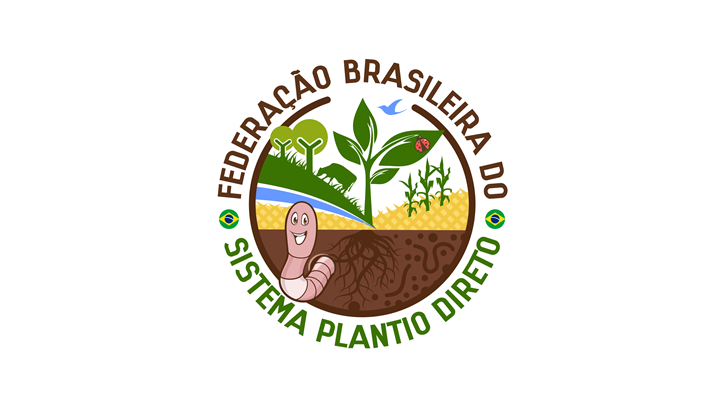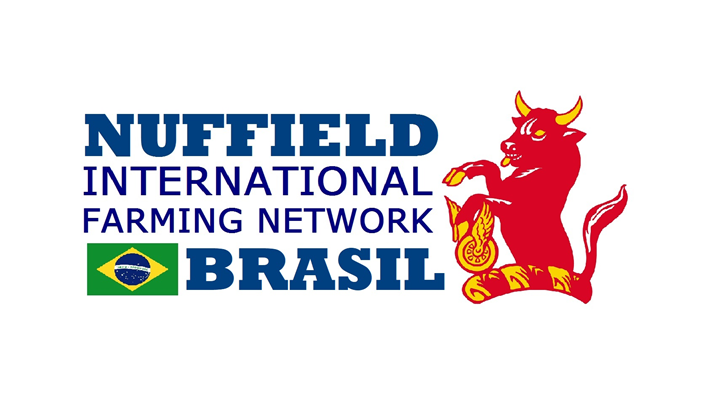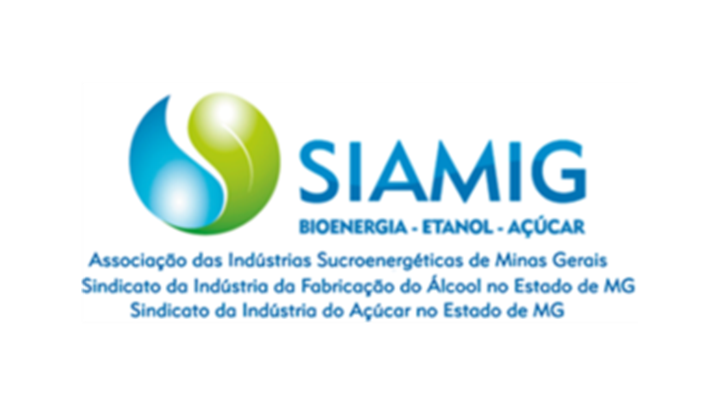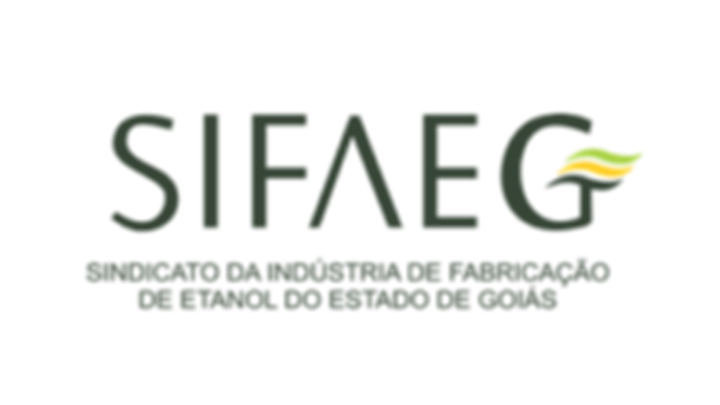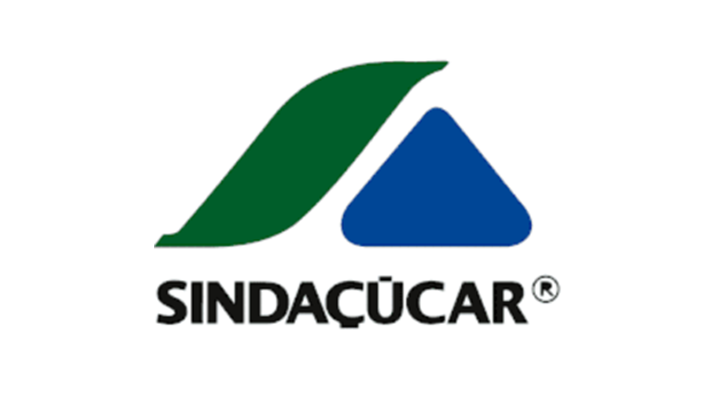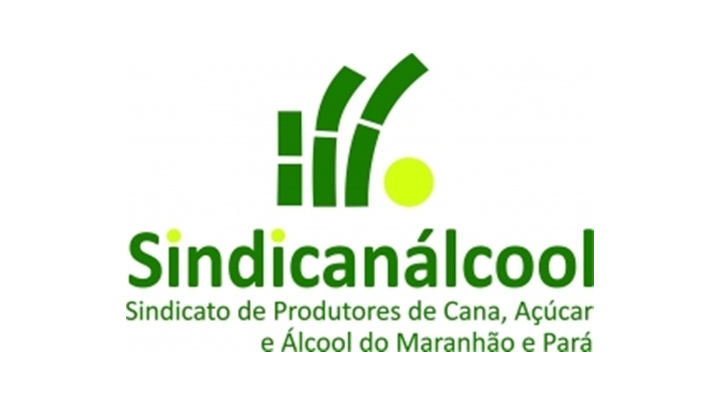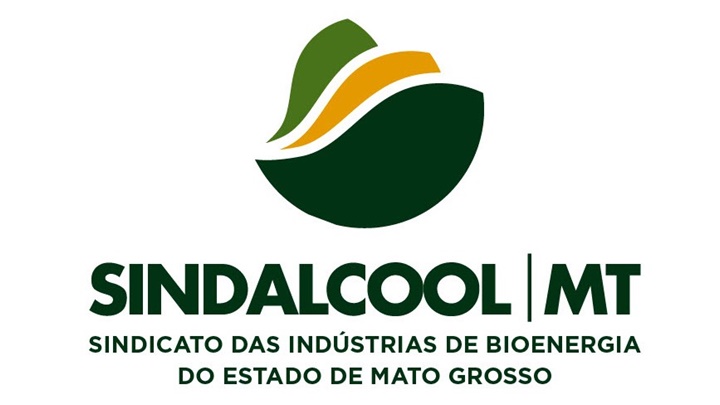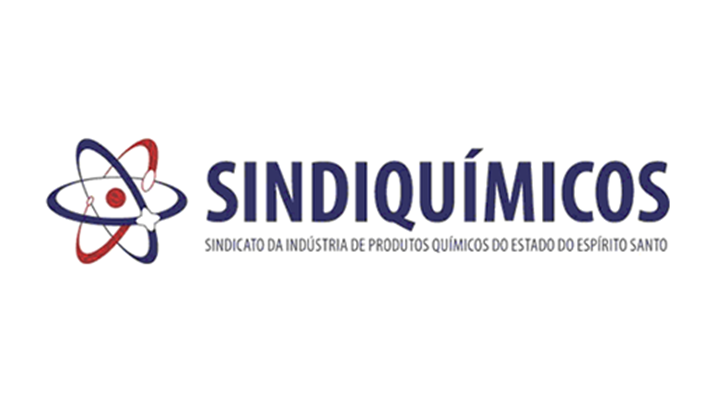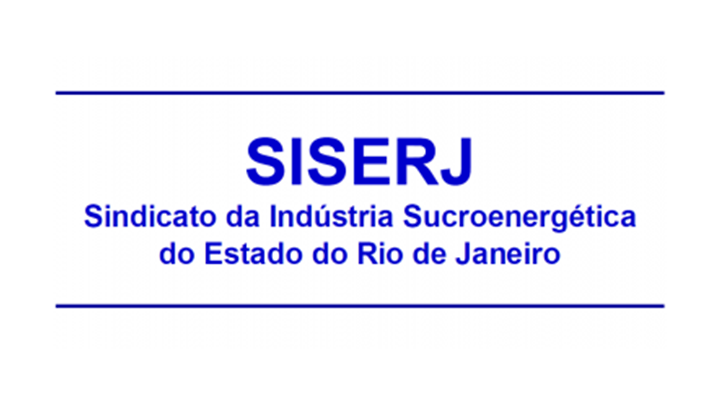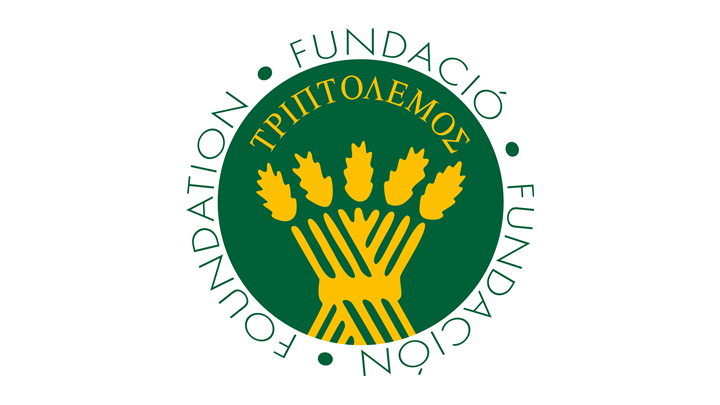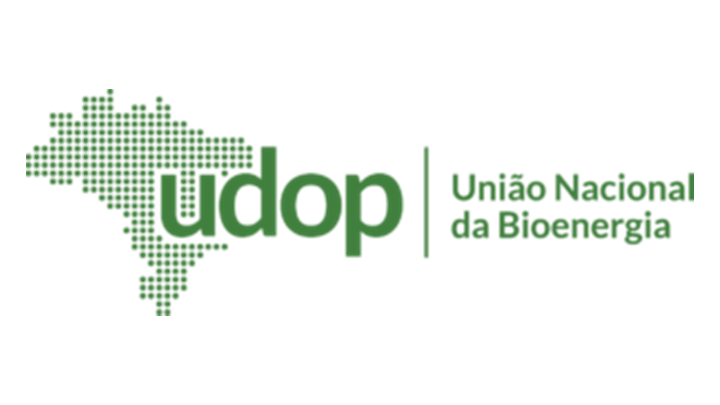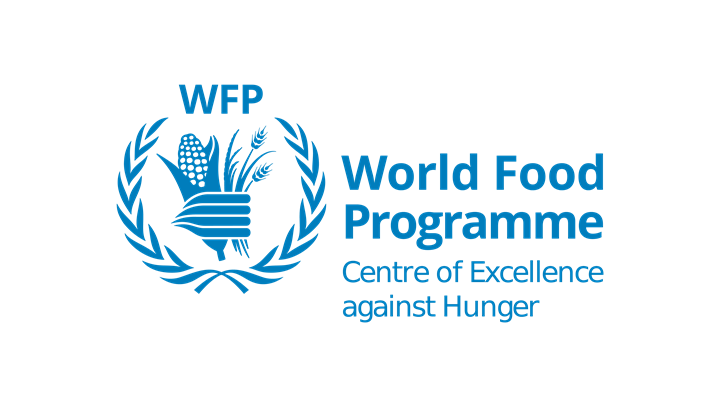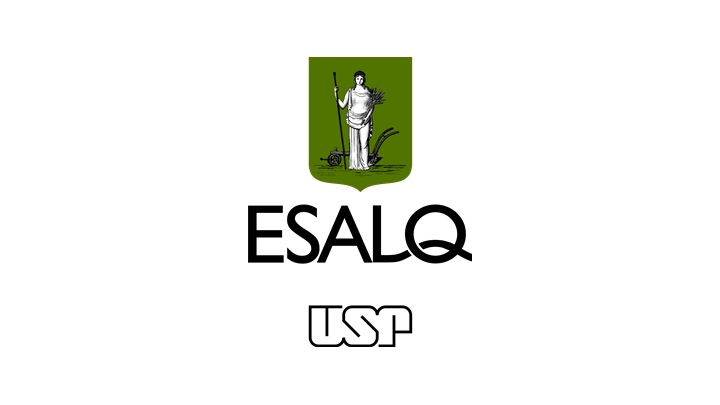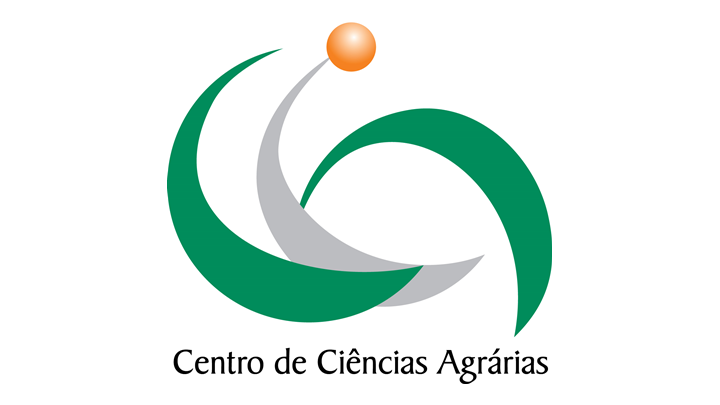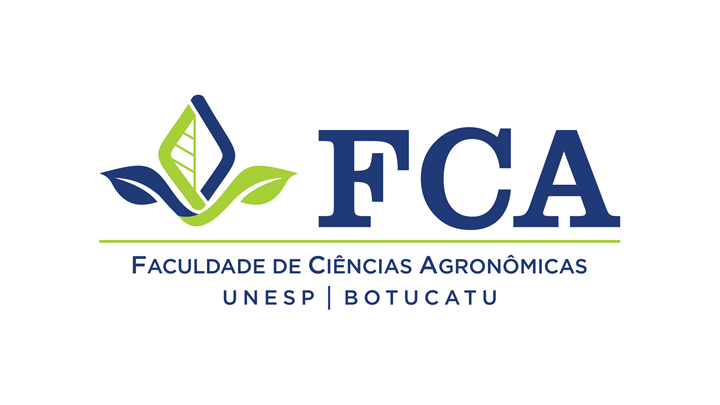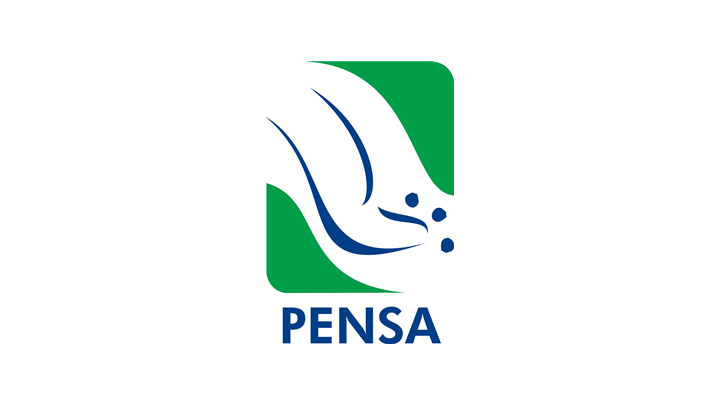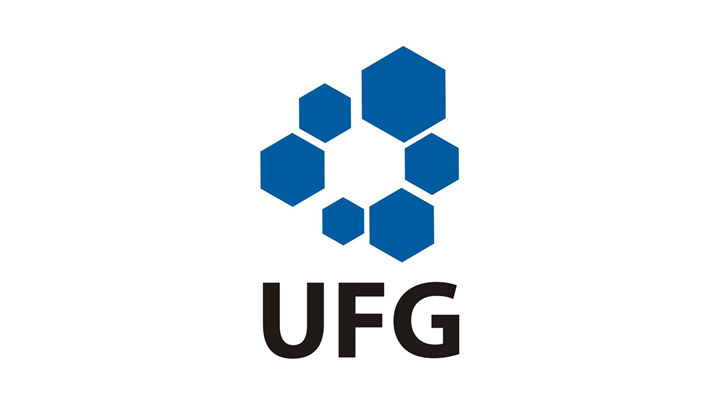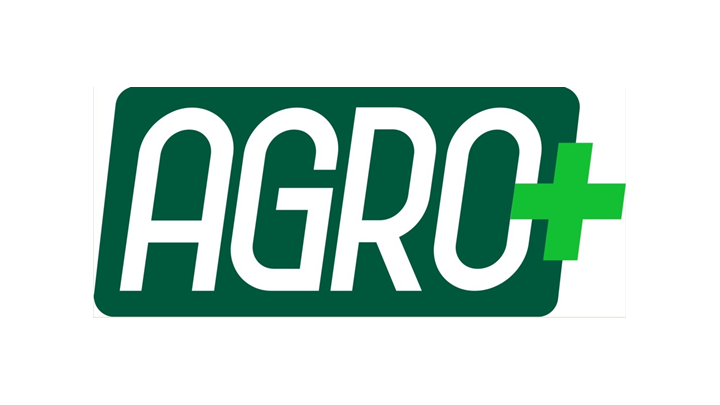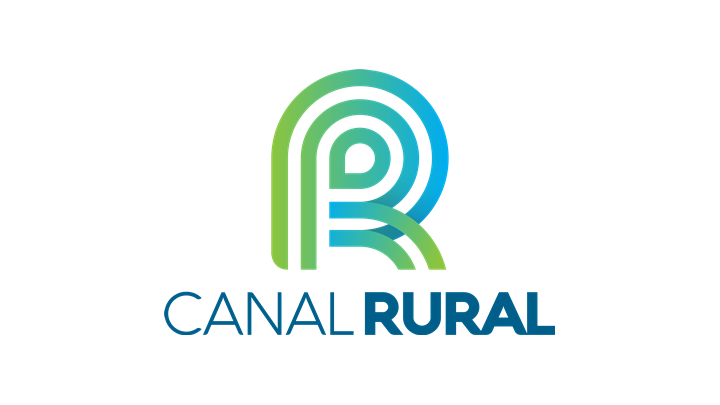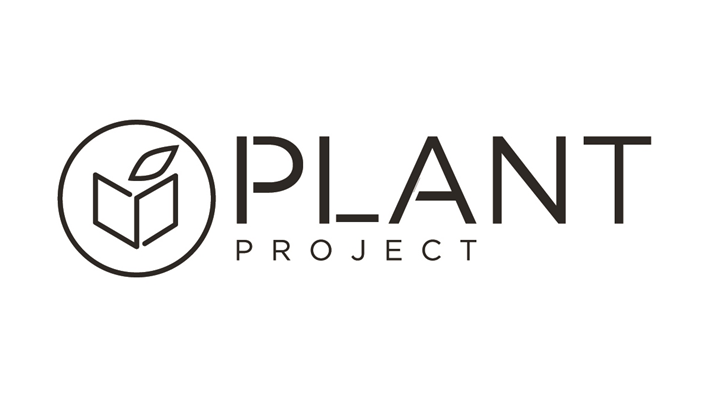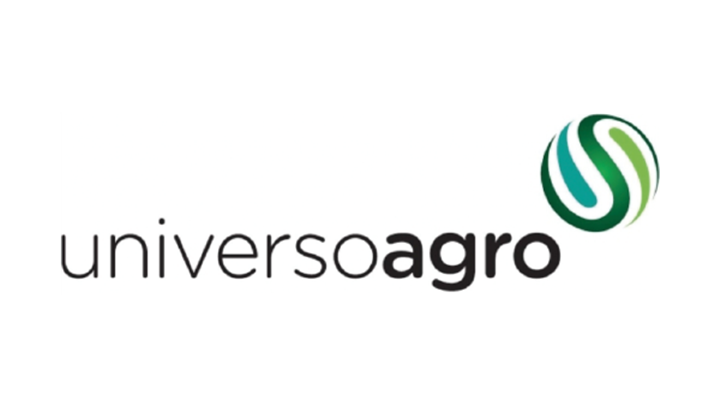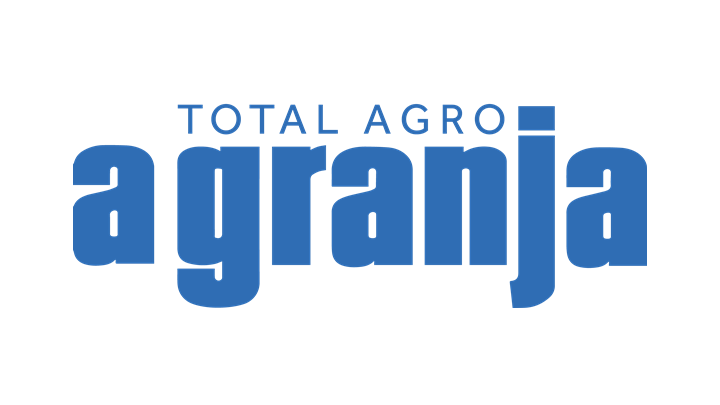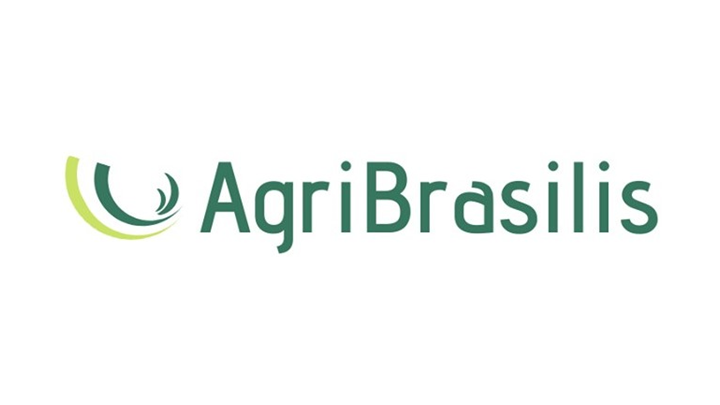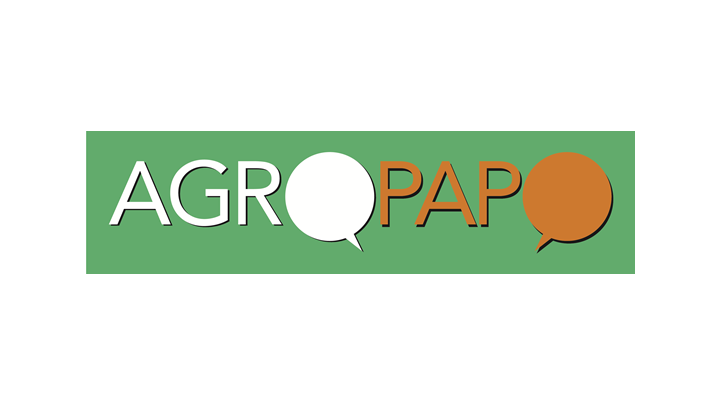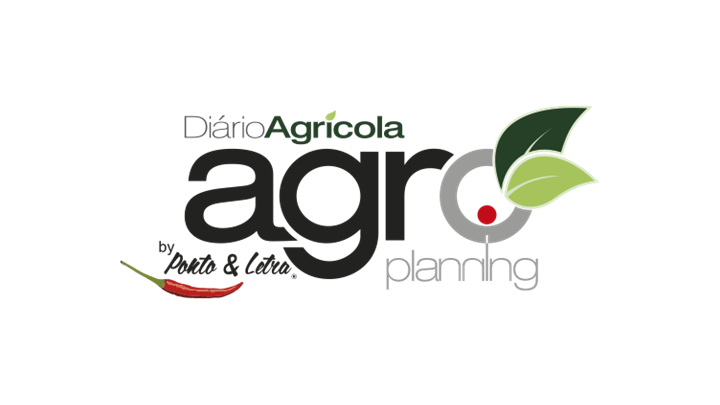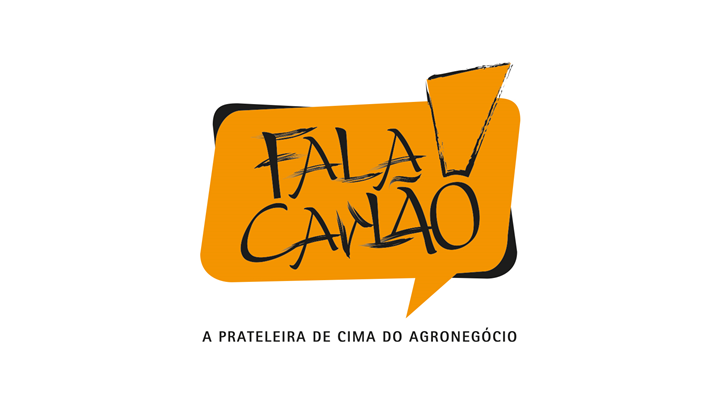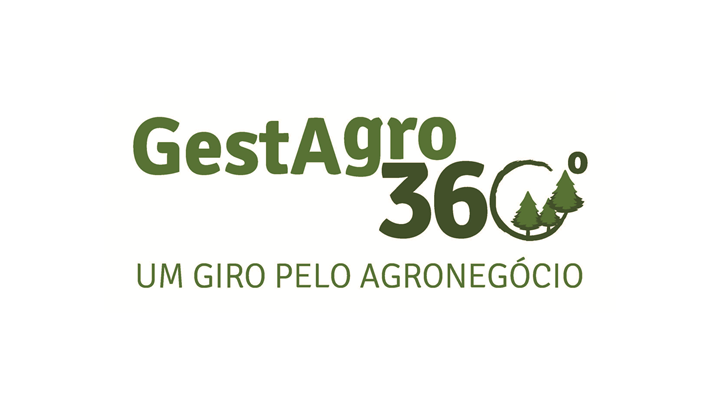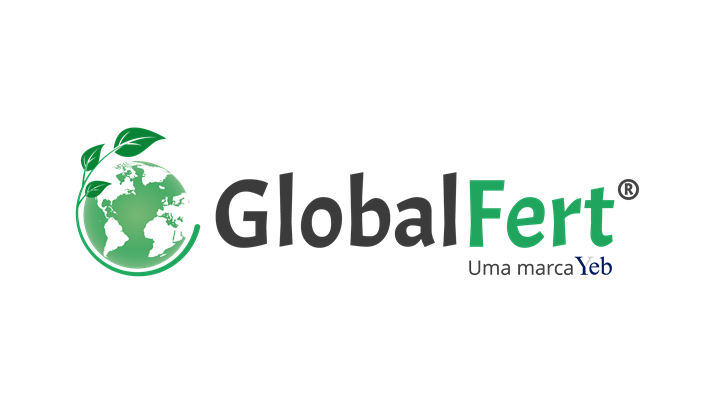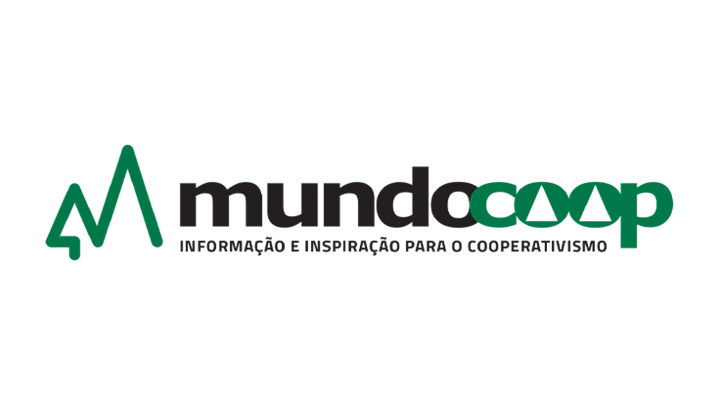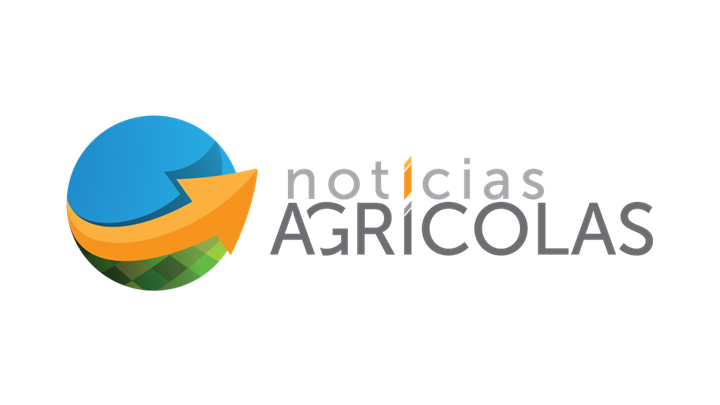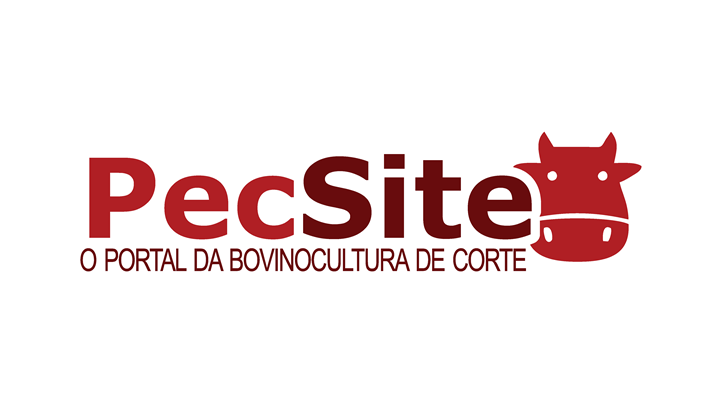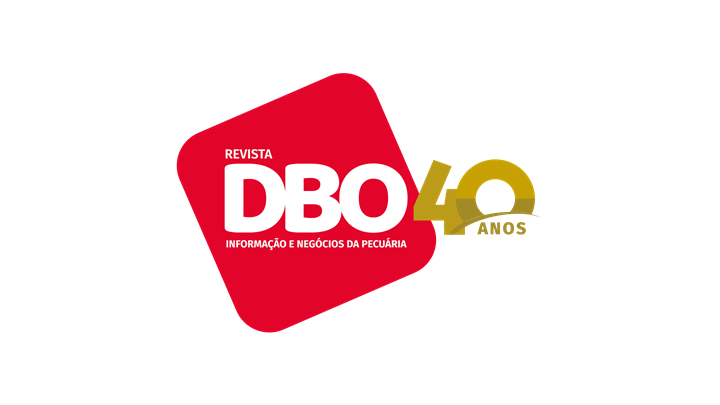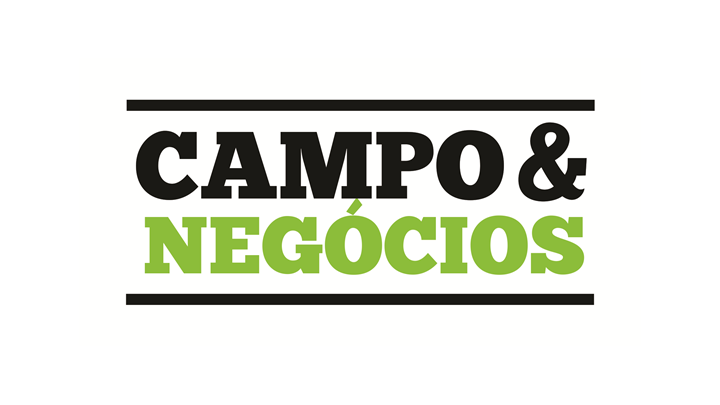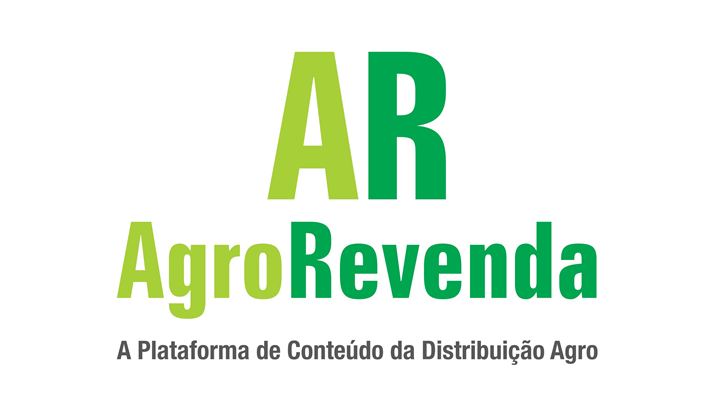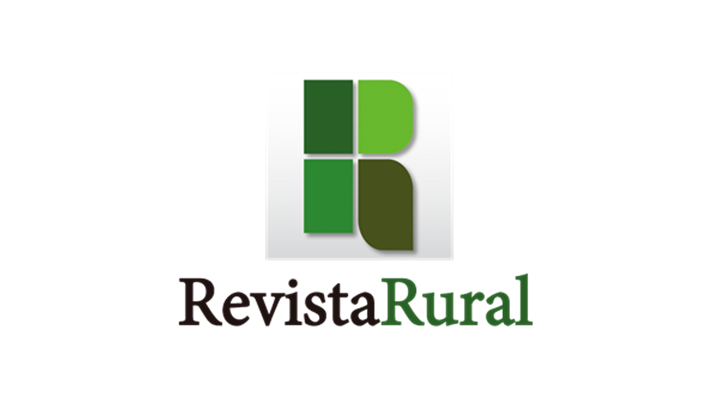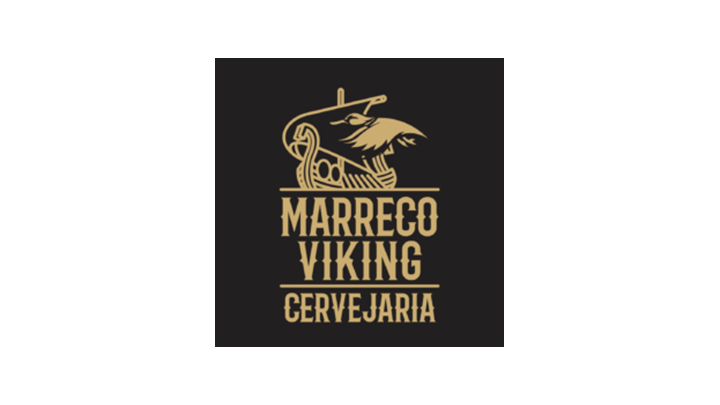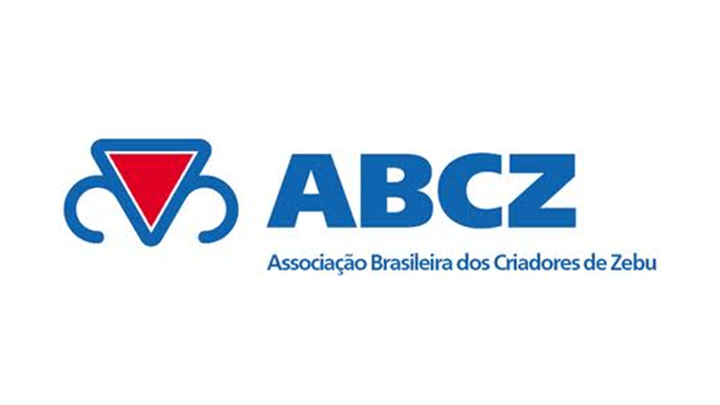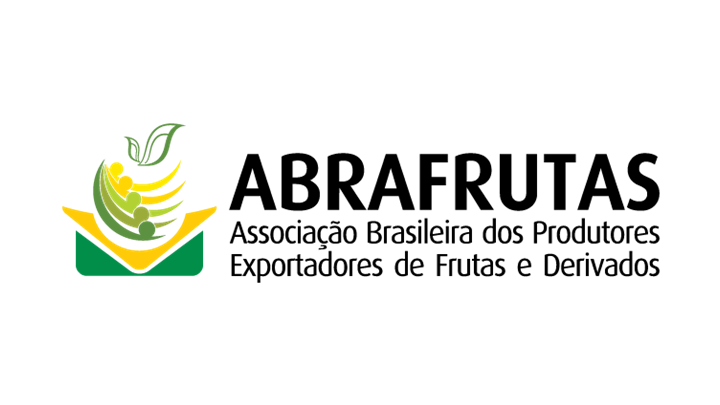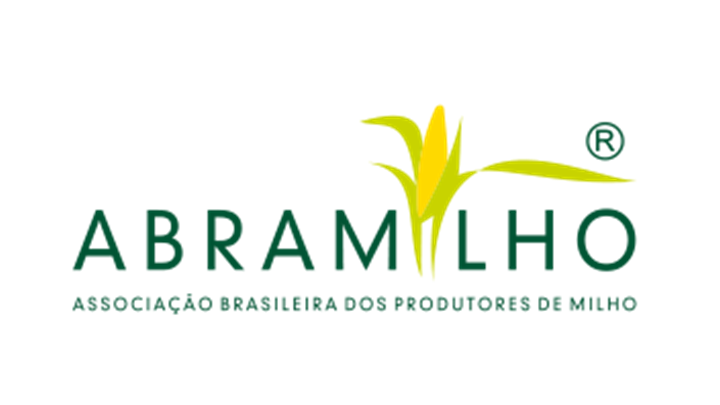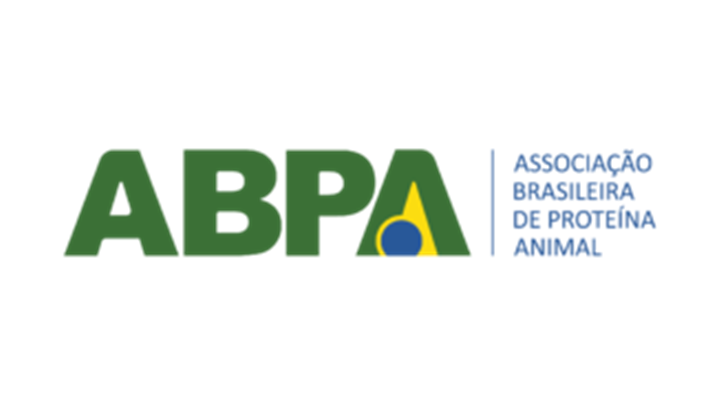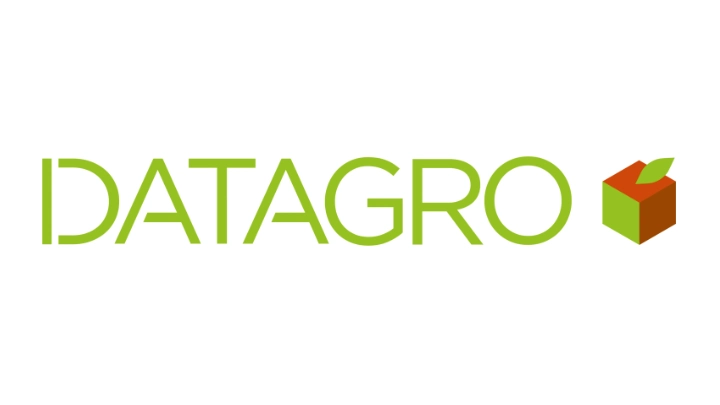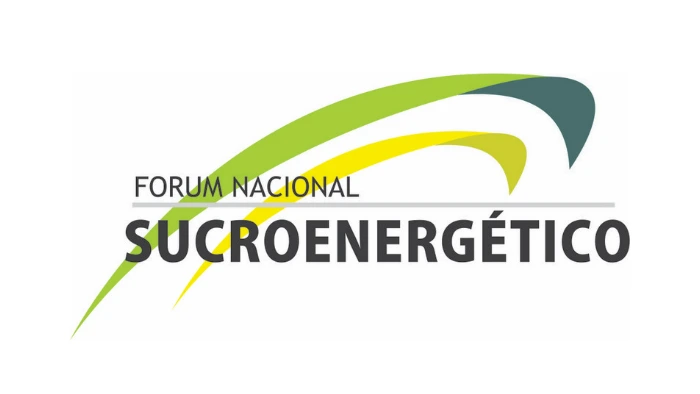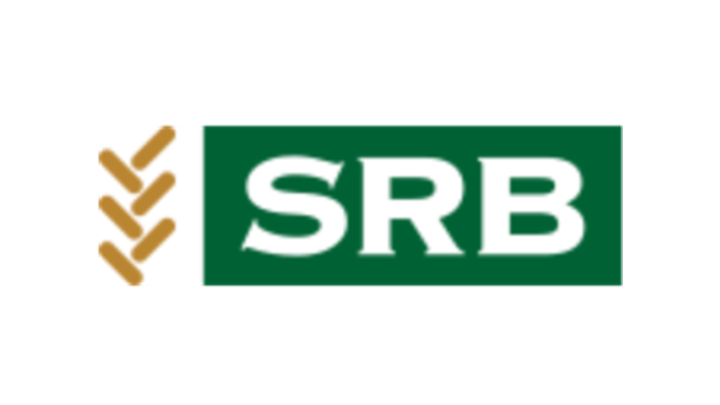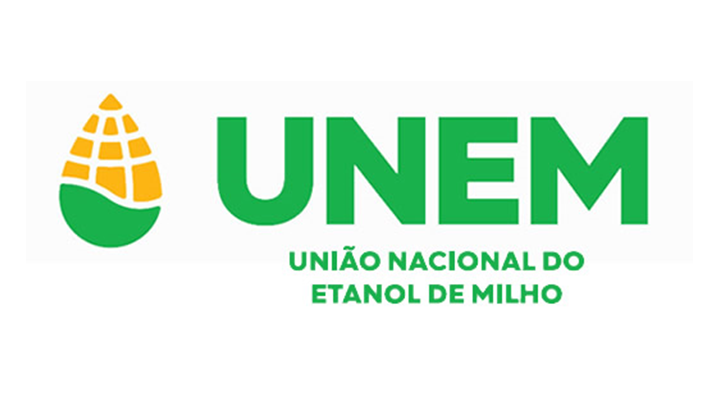JOIN THE BIGGEST MOVEMENT IN INTERNATIONAL AGRIBUSINESS
SUSTAINABLE AGRICULTURE IS NO LONGER AN OPTION, IT IS A GLOBAL DUTY!
Food Security, Climate Change and Sustainability.
July 25th and 26th, 2022. Online and free.
July 25th and 26th
Sheraton WTC
(only for invited attendees; non invited should register to watch online)
#GAF22
MAIN SCHEDULE
July 25th
- Sergio Bortolozzo, President of the Advisory Board, GAF – Global Agribusiness Forum, and Director, ABRAMILHO – The Brazilian Association of Corn Producers, Brasília, Brazil.
- Cesario Ramalho, Advisor and Coordinator of the Agribusiness Council of the Chamber of Commerce of the State of São Paulo, Executive Director of ABRAMILHO & Former President of SRB – Brazilian Rural Society , São Paulo, Brazil.
- Plinio Nastari, President, DATAGRO, São Paulo, Brazil.
- Guilherme Nolasco, President, UNEM – National Union of Corn Ethanol, Cuiabá, Brazil.
- Waldyr Sergio Promicia, President, ABRAFRUTAS – The Brazilian Association of Producers and Exporters of Fruits and By-Products, Brazil.
- Teresa Cristina Vendramini, President, SRB – The Brazilian Rural Society, São Paulo, Brazil.
- Mario Campos, President, FNS – The National Sugar and Ethanol Forum and SIAMIG, Belo Horizonte, Brazil.
- Ricardo Santin, President, ABPA – The Brazilian Association for Animal Protein, São Paulo, Brazil.
- Ambassador Affonso Massot, Executive Secretary of International Relations, Ministry of International Relations, São Paulo, Brazil.
- Minister Ciro Nogueira, Chief of Staff of the Brazilian Presidency and Senator of the Federative Republic of Brazil, Brasília, Brazil.
- Minister Marcos Montes, Minister of Agriculture, Livestock and Food Supply, Brasília, Brazil.
- Minister Joaquim Álvaro Pereira Leite, Minister of Environment, Ministry of Environment, Brasília, Brazil.
- Congressman Arthur Lira, President, Camara dos Deputados (Lower House in the Brazilian
Congress), Brasilia, Brazil. (invited)
- President Jair Messias Bolsonaro, President of the Federative Republic of Brazil, Brasília, Brazil.
- Federico Zerboni, Director, Maizall, Buenos Aires, Argentina.
- Paulo Bertolini, President, Maizall, Brazil.
Agriculture has become an important geopolitical factor that is likely to prove itself increasingly complex given the demographic, ecological and socio-economic factors brought by a new era of globalization. This interconnectedness changes the living conditions and perspectives of current and future generations. The challenges here are vast and urgent and demand that agriculture be placed at the core of the international agenda in order promote a proactive and strategic dialogue on the structure of agricultural governance at a global level.
- Opening Address: Alysson Paulinelli, Former Minister of Agriculture, Brasília, Brazil.
Speaker:
- Minister Marcos Montes, Minister of Agriculture, Livestock and Food Supply, Brasília, Brazil.
In 2050, the world will be home to an extra two billion people, which is an increase of 25% of today’s global population. The challenge to ensure food security, along with rapid population growth, requires international collaboration and leading efforts to coordinate the production and flow of agricultural commodities. In this panel, speakers will explore the transformative potential of efficient food systems, focusing on sustainability and other main contributions to improving the global food distribution while tackling social and economic inequities.
KEYNOTE SPEAKER 1
- Giulia Di Tommaso, President & CEO, CropLife International, Brussels, Belgium.
PANEL 2: THE CHALLENGE TO FEED THE WORLD IN 2050
Moderator:
- Ricardo Santin, President, ABPA – The Brazilian Association for Animal Protein, São Paulo, Brazil.
Speaker:
- Wandile Sihlobo, Chief Economist, Agriculture Business Chamber, The Willows, South Africa.
- Nicolas Rubio, Consul for Agricultural Affairs, U.S. Consulate General – São Paulo, USDA – United States Department of Agriculture, São Paulo, Brazil.
ARENA SUSTAINABILITY
The Earth’s natural resources provide for life’s basic needs, be it food, water, oxygen, or shelter. With the world’s population growing exponentially, the sustainable management of these resources has become an urgent matter. Analyzing methods of preservation and better usage today is necessary for understanding how to care for what we will all depend on tomorrow.
Moderator:
- Teresa Cristina Vendramini, President, SRB – The Brazilian Rural Society, São Paulo, Brazil.
Speakers:
- Ricardo Faria, Founder of Granja Faria and President of Insolo, São Paulo, Brazil.
- Leontino Balbo, Director, Usina São Francisco/ Native, Sertãozinho, Brazil.
- Roberto Pini, Director of Agricultural Development, Nova Era Institute, Ribeirão Preto, Brazil.
In the agricultural production chain, there are various opportunities to reuse and reduce waste, already widely implemented. Starting at primary production, by using efficient agricultural techniques, to recycling, by reusing agricultural wastes, to educating the consumer, which will reduce food waste. A ‘circular agricultural economy’ proposes a viable alternative for the current linear “take-make-waste” approach by minimizing the amount of agricultural inputs during production, closing nutrient cycles, and reducing negative impacts to the environment. In this painel, we will discuss circular agriculture and how it is capable of improving the efficiency in the supply chain process and in waste management.
Moderator:
- Waldyr Sergio Promicia, President, ABRAFRUTAS – The Brazilian Association of Producers and Exporters of Fruits and By-Products, Brazil.
Speakers:
- Alessandra Fajardo, Head of Food Chain Partnerships for Latin America, Bayer, São Paulo, Brazil.
- Juan Aguiriano, Head of Sustainability and Technology Ventures, Kerry, Spain.
- Ambassador Roberto Carvalho de Azevêdo, Chief Corporate Affairs Officer of PepsiCo and Chairman of the PepsiCo Foundation’s Board of Directors, New York, USA.
- Caio Miranda Ramos, Sustainability Director, Ambev, São Paulo, Brazil.
The exponential population growth the world has had in the last century generated an exorbitant demand for food, water, and energy. The great challenge is meeting the basic needs of the global population while avoiding an overstress on the environment, and mitigating climate change factors. All of these factors create the essential need of embracing policy frameworks, adhering to initiatives that promote and ensure a resilient and sustainable agribusiness system. In this panel, we will discuss methods adopted in agriculture to achieve climate commitment goals, to reduce carbon emissions, and to generate a circular economy in the production chain.
Moderator:
- Gustavo Spadotti Amaral Castro, Head of Office, Embrapa Territorial, Campinas, Brazil.
Speakers:
- Bruno Barcelos Lucchi, Technical Director, CNA – Brazil’s National Confederation of Agriculture and Livestock, Brasília, Brazil.
- Vinicius Biagi, President, Instituto Nova Era, Ribeirão Preto, Brazil.
- Christian Lohbauer, President, CropLife Brasil, São Paulo, Brazil.
ARENA INNOVATION
At a global level, biotechnology provides powerful instruments to a sustainable development in agriculture, fishery, and forestry. It also allows for a better management of the health of our planet’s fauna and flora. In this panel, the following panelists will discuss how biotechnology is contributing to different stages of production in agriculture, offering means of genetic improvement, higher efficiency, and safe implementation of the Sustainable Development Goals (SDG).
Moderator:
- Pedro Vigneau, President, Maizar, Buenos Aires, Argentina.
Speakers:
- Ambassador Carlos Marcio Cozendey, Brazilian Delegate to International Economic Organizations, Brazilian Embassy in France, Paris.
- Othon Abrahão, Director of Biotechnology, CropLife, Brazil.
- John Linder, Director, MAIZALL & Chairman of the Board of the National Corn Growers Association, Ohio, USA.
There is an ongoing drive to ensure food security, by reducing poverty and malnutrition, and to ensure food safety, by avoiding food contamination issues and managing foodborne illness outbreaks. Aligned with all of that, more recently, there has been a strong demand from consumers for sustainably produced food. These pillars will determine food production and consumption in the next decades. In this discussion, panelists will share perspectives for future production, considering all three factors, especially in a post-pandemic scenario.
Moderator:
- Cesario Ramalho, Vice President and Coordinator of the Agribusiness Council of the Chamber of Commerce of the State of São Paulo, Executive Director of ABRAMILHO & Former President of SRB – Brazilian Rural Society , São Paulo, Brazil.
Speakers:
- Angela Parry-Hanson Kunadu, Senior Lecturer (Food Science), University of Ghana, Ghana.
- Luis Ignácio Prochnow, General Coordinator, Nutrients for Life Initiative in Brazil, Piracicaba, Brazil.
- Luis Fernando Laranja da Fonseca, CEO, NoCarbon Milk, São Paulo, Brazil.
The food industry has gone through radical changes over the past few years, such as an increased demand for organic produce, traceability, transparency, and labeling requirements for deforestation-free products. However, consumer behavior also varies across countries and cultures, and their decision-making is closely linked to socioeconomic factors. The industry has to consider these new consumer trends, the respective food culture at the time, and the current economic order. This and how it all shapes the present and future of the agri-food market will be the focus of this panel.
Moderator:
- Guilherme Nolasco, President, UNEM – National Union of Corn Ethanol, Cuiabá, Brazil.
Speakers:
What are the consumer trends and demands shaping the future of food?
- Gustavo Guadagnini, President, GFI – Good Food Institute, São Paulo, Brazil.
- Bárbara Sollero, ESG Milk Sourcing Manager, Nestlé, São Paulo, Brazil.
- Janelle Meyers, Chief Sustainability Officer, Kellogg Company, Kalamazoo, USA.
- Pedro Arruda, Economist, ISO – International Sugar Organization, London, UK.
ARENA GLOBAL
The international agricultural trade plays a crucial role in tackling food insecurity and in providing livelihoods for all of those working in the food supply chain across the globe. The socio-economic impacts of the COVID-19 pandemic and the invasion of Ukraine have weakened perspectives of food security worldwide, triggering alarming statistics in regards to food access and levels of nutrition in the most vulnerable population groups. In this panel, discussions will address protectionist measures taken in several countries, the new chapter of globalization, and their impacts on international agro-food markets.
Moderator:
- Daniel Carrara, Director General, CNA – National Confederation of Agriculture, Brasília, Brazil.
Speakers:
- Ambassador Alexandre Parola, Permanent Representative of Brazil, WTO, Geneva, Switzerland.
- Gustavo Herrmann, Commercial Director Cone Sul, Koppert Biological Systems, Piracicaba, Brazil.
- Natália Dias, President, Standard Bank Brazil, São Paulo, Brazil.
Globalization has brought fundamental changes to logistics integration in the production chain. Integration is a crucial business factor at a time when international trade, manufacturing, and shipping are radically changing. In this discussion, panelists will examine initiatives used to improve the performance of international trade from an infrastructure perspective, envisioning a closer connection of international producers in the global supply chain.
Moderator:
- Julio Busato, President, ABRAPA, Barreiras, Brazil.
Speakers:
- Ricardo Nascimbeni, Managing Director – South America Supply Chain, Cargill, São Paulo, Brazil.
- Alexandre Duarte, Executive Director of FERMAC CARGO and Logistics Director of ABRAFRUTAS, Brasília, Brazil.
Latin America and the Caribbean form one of the main food producing and
exporting regions in the world: around 14% of all world production and 45% of
international agri-food trade. However, the production of fertilizers in the countries of the region is not accompanied by the growth of agricultural production and dependence on imports of these products has also grown in several countries in the hemisphere.
Such dependence was perceived by producers when there was an increase in the prices of agricultural inputs, driven by the price of oil and derivatives. However, the
concern was more latent with the beginning of the extra-European armed conflict, which involved important players in the fertilizer market, such as Russia and Belarus,
which made access to these products even more difficult and contributed to an increase in the prices.
Given the scenario that lies ahead, it is estimated that the cost of agricultural
production in the region could rise sharply, generating pressure throughout the chain (from input suppliers to consumers). The Ministers of Agriculture of the countries of the Americas recognized this situation at a meeting convened by the IABA Chair in March and recognized the need to act together.
For that reason, with the spirit of international cooperation and agreement with the facilities that have been conferred by its members, IICA has worked together with the different actors involved in the Americas, seeking to facilitate dialogue and
promote an efficient exchange of information between the countries.
The purpose of the event is to briefly and objectively analyze the scenario of impacts in the southern cone countries and present efforts to mitigate these effects in the short term and what opportunities arise at this time. At the end of the event, we also propose a brief interaction between spectators and speakers moderated by IICA.
Opening address:
- Lloyd Day, Vice-Director-General of the Inter-American Institute for Cooperation in Agriculture.
Speakers:
Conflict in Eastern Europe – Perspectives and Impacts on
the Fertilizer Market.
- Ricardo Tortorella, Executive Director of the National Association for the
Diffusion of Fertilizers.
- Durval Dourado Neto, Director of the Escola Superior de Agricultura Luiz de
Queiroz (Esalq/USP).
Opportunities and Alternatives
- Fernando Mattos, Minister of Livestock, Agriculture and Fisheries of Uruguay.
ARENA FORUM
Energy is fundamental to our civilization and to the prosperity of nations. Due to the energy supply uncertainty associated with the enduring dependency on Russian oil and natural gas, many countries are experiencing an escalation of energy prices. Which, in turn, exacerbates post-pandemic inflation. Seeking alternative sources opens doors to conversations regarding greener energy and to sectors focused on energy efficiency. Panelists will share a potential alternative: the sugarcane biomass, which in the wake of RenovaBio, Brazil’s biofuel policy, has gained a lead role in reducing dependency on fossil energy.
Moderator:
- Mario Campos, President, FNS – The National Sugar and Ethanol Forum and SIAMIG, Belo Horizonte, Brazil.
Speakers:
- Ansgar Pinkowski, Manager for Innovation and Sustainability, Deutsch-Brasilianische Industrie- und Handelskammer, Rio de Janeiro, Brazil.
- Plinio Nastari, President, DATAGRO, São Paulo, Brazil.
- Ambassador André Correa do Lago, Brazilian Ambassador in India, Embassy of Brazil in New Delhi, New Delhi, India.
- Ambassador Roberto Jaguaribe Gomes de Mattos, Brazilian Ambassador in Germany, Embassy of Brazil in Berlin, Berlin, Germany.
Guaranteeing access to lucrative markets is vital for the prosperity of local farming. Therefore, if governments want to transform agriculture, they must encourage a productive environment that enables their farmers to establish connections and to be profitable. To create these conditions, there needs to exist initiatives placed throughout the agricultural value chain – from production, through processing, regulation, and on to the final consumer demands, with domestic and international marketing.
Moderator:
- Eduardo Bastos, CEO, MyCarbon, São Paulo, Brazil.
Speakers:
- Ambassador Suresh Reddy, Indian Ambassador in Brazil, Indian Embassy in Brazil, São Paulo, Brazil.
- Lucas Fiuza, Business Director, Apex-Brasil, Brasília, Brazil.
- Alfredo Paseyro, Member of the Board, Maizall & Executive Director, ASA – Asociación Semilleros Argentinos, Buenos Aires, Argentina.
Extreme food insecurity is likely to worsen in 20 countries in the next months, according to a new report by the United Nations Food and Agriculture Organization (FAO) and the United Nations World Food Programme (WFP). They warn that the world’s current situation is already worse than that experienced during the 2011 Arab Spring. The consequences of climate change phenomena and the Covid-19 pandemic, exacerbated by the fallout of the war in Ukraine, has led to soaring food and fuel prices around the world. In this discussion, panelists will discuss the strategy of the agribusiness sector to meet the global demand for food while adhering to environmental policies.
Moderator:
- Roberto Rodrigues, Former Minister of Agriculture, Livestock and Food Supply, Coordinator, Agribusiness Center of FGV-EESP, Special Ambassador of FAO for Cooperativism, São Paulo, Brazil.
Speakers:
- Rogerio Vian, President, GAAS – Associated Sustainable Agriculture Group, Mineiros, Brazil.
- Jeremy Adamson, Senior Policy Advisor in the Office of the Administrator for the Foreign Agricultural Service, USDA, Washington, USA.
- Rejane Souza, Vice President – Crop and Agronomy, Yara International, Oslo, Norway.
- José Mª Sumpsi, Emeritus Professor of Agrarian Policy (UPM) and Member of the High-Level Panel of Experts of the United Nations World Committee on Food Security (UN), Former Triptolemos President, Madrid, Spain.
LOUNGE GAF AGTECH - REALIZATION: EY
Many companies still don’t know how technological tools and data usage can boost their business. In this panel, we will discuss how the use of Analytics can help in the growth process of Agrocompanies, exemplifying with the case of Agrosuper, an example of a successful journey where the correct use of artificial intelligence is enabling a transformation of the business, promoting increased revenue and value aggregation throughout the production chain.
EY Panelists:
- Gustavo Pecly, Technology Consulting Partner at EY
- Osvaldo Travieso, Partner of Analytics and Digital Data Consulting at EY Chile
In this panel, our Agribusiness specialists from Argentina will discuss important aspects of the sector in the country, addressing issues such as the situation of the key players, the innovation ecosystem, and the general framework for business development in the country, covering regulatory issues, taxes, and transactions.
EY Panelists:
- Pablo Sola, Strategy and Transactions Partner at EY
- Gabriela Quinoa, Business Consulting Partner at EY
- Milton González Malla, EY Tax and Transaction Partner
Each year the agribusiness production chain becomes more integrated, with a high level of multinational companies. In South America, while some operational similarities between countries can facilitate the operation of these companies, some particularities can make it harder. With this panel, we will discuss the similarities and specificities of agribusiness in the Southern Cone and how this can modify the operation of companies in this region.
EY Panelists:
- Moderator: Antônio Uras, Markets and Business Development Partner at EY
- Alexandre Rangel, Agribusiness Lead Partner for LAS
- Angel Izurieta, Technology Consulting Partner at EY Chile
- Milton González Malla, EY Tax and Transaction Partner
July 26th
The expected growth of the world’s population alongside the expected increase of income levels over the next few years have led governments around the world to develop strategies and partnerships aiming to ensure food security. While it is necessary to stimulate food production, the producing countries are called upon the mission of doing so while developing increasingly sustainable production systems. In this panel, speakers will discuss what the agricultural sector should expect for a projected demand of more than 9 billion people in 2050, considering a change in the global economic order.
Moderator:
- Federico Zerboni, Director, Maizall, Buenos Aires, Argentina.
Speakers:
- Celso Luiz Moretti, President, EMBRAPA – Empresa Brasileira de Pesquisa Agropecuária, Brasília, Brazil.
- Seth Meyer, Chief Economist, USDA, Washington, DC, USA.
- Arnaud Petit, Executive Director, IGC – International Grains Council, United Kingdom.
The vulnerability in food prices and food distribution brought by the Russia-Ukraine conflict imposes obstacles to ensuring food security around the world. According to FAO, 26 countries rely on Ukraine and Russia for at least 50 percent of their wheat imports. It is at times like these, during a global crisis, that topics such as sustainability tend to be put aside. Amid volatile food exports and a global food crisis, the discussions regarding the implementation of sustainable production methods in the international community should gain even more relevance.
Moderator:
- Mariane Pinhão, Partner, PK Advogados, São Paulo, Brazil.
Speakers:
- Lloyd Day, Deputy Director General, IICA, San José, Costa Rica.
- Ambassador Marco Farani, Permanent Representative of Brazil to International Organizations in London, London, UK.
- Marcos Sawaya Jank, Senior Researcher in Global Agribusiness, INSPER University, São Paulo, Brazil.
The wave of protectionism, already seen during the pandemic, combined with trade sanctions and international conflicts that highly impact global food chains, triggered a global warning to international trade and food security. With border closures, quarantine measures, and supply chain disruptions, the challenge of ensuring sufficient food to everyone became even greater. This vulnerability emphasized the importance of international trade to guarantee food security on a global scale. In this context, speakers will discuss the impacts of the above-mentioned events and the prospects and challenges for international trade in agriculture.
KEYNOTE SPEAKER 2
- Dr. Edwini Kessie, Director of the Agriculture and Commodities Division, WTO – World Trade Organization, Ghana.
PANEL 5: THE FUTURE OF WORLD TRADE
Moderator:
- Sergio Bortolozzo, President of the Advisory Board, GAF – Global Agribusiness Forum, and Director, ABRAMILHO, Brasília, Brazil.
Speaker:
- Marcos Troyjo, President, NDB – New Development Bank, Shanghai, China.
- Cidinho Santos, Former Brazilian Senator, Cuiabá, Brazil.
- Marcelo Duarte, Director of International Relations, ABRAPA, Singapore.
LOUNGE GAF AGTECH - REALIZATION: YARA
Speaker:
- Rejane Souza, Yara International
Speakers:
- Rafael Tabasnik, Yara Brasil
- José Augusto Tomé, AgTech Garage
- Francisco Jardim, SP Ventures
Speakers:
- Deise DallaNora, Yara Brasil
- Guilherme Amado, Nespresso
- Lucimar Silva, Guima Café
Speakers:
- Iule Arruda, Agoro Carbon Alliance
- Renato Rodrigues, Regrow Ag
ARENA SUSTAINABILITY
The safety of animal food is inextricably linked to human health. Protection against the hazard of zoonotic agents requires careful control of the entire production process – from farm to fork. Ideally, safety would be achieved on the farm and during pre-harvest phases. In this panel, speakers will discuss how to reduce the challenge to food safety by improving the system management.
Moderator:
- Ricardo Santin, President, ABPA – The Brazilian Association for Animal Protein, São Paulo, Brazil.
Speakers:
- João de Almeida Sampaio Filho, Director of Institutional Affairs, Minerva Foods, São Paulo, Brazil.
- Delair Angelo Bolis, CEO, MSD Animal Health Brazil – Paraguay – Uruguay & Bolivia, São Paulo, Brazil.
- José Antonio Ribas Junior, Executive Director for Agro & Sustainability, Seara Alimentos, Itajaí, Brazil.
Producing more while demanding less of the Earth becomes an imperative in a highly populated and globalized world, whose natural resources are under extreme pressure to provide food for everyone. Ensuring the sustainability of agriculture over differing cultures, socio-demographics, and consumer demands has led to a surge in alternative strategies for food production. This panel will explore strategic technological techniques of cultivation and breeding, being used in the Brazilian meat industry, that are capable of reducing the environmental impact of livestock farming while increasing productivity.
Moderator:
- João Gilberto Bento, Commercial Manager, ABCZ, Uberaba, Brazil.
Speakers:
- Chris Morais, President of the Livestock Chamber, Secretary of Agriculture of the State of São Paulo, Barretos, Brazil.
- Rafael Tortola, Partner & President, GTFoods, Maringá, Brazil.
- Luiz Adriano Maia Cordeiro, Researcher, Embrapa Cerrados, Brasília, Brazil.
- Luiz Josahkian, Superintendent, ABCZ, Uberaba, Brazil.
Promoting environmentally conscious food products that reduce the demand for emission-intensive activities can help foster a net-zero agriculture faster. Although reaching net-zero carbon emissions is already a collective mission to farmers, the agriculture sector still has a significant amount of work in balancing their emissions. Brazil is a big player in this aspect, with efficient production methods and public policies such as Plan ABC+ and Renovabio.
Moderator:
- Cassiano Ribeiro, Editor-in-Chief, Editora Globo, São Paulo, Brazil.
Speakers:
- Mariane Crespolini, PhD in Economic Development and Former Director of the Ministry of Agriculture, Livestock and Food Supply, Brasília, Brazil.
- Glaucia Mendes de Souza, Professor, BIOEN FAPESP Universidade de São Paulo, São Paulo, Brazil.
- Mark Lyra, Senior Director – Energy Innovation, Sumitomo Corporation, New York, USA.
ARENA INNOVATION
Agriculture has an important role to play in funding a greener future for the planet. Green bonds, which are fixed-income financial instruments that offer environmental and climate benefits, will give farmers the opportunity to lower their carbon footprints.
Moderator:
- Guilherme Nastari, Director, DATAGRO, São Paulo, Brazil.
Speakers:
- Luiz Carvalho, LatAm Head of Research / LatAm Oil & Gas, Chems, Agribusiness, UBS BB, São Paulo, Brazil.
- Guilherme Meira, Senior Investment Officer, Proparco, São Paulo, Brazil.
- Hsia Hua Sheng, Vice President, Bank of China (Brasil) SA, São Paulo, Brazil.
- Letícia Oliveira, Risk Manager, BSBIOS, Passo Fundo, Brazil.
To counter the consequences of increasing food production and mitigating climate change factors, policymakers and industry leaders are seeking the assistance of technology such as in the network of connected devices, big data, analytics, and cloud computing. Big data provides farmers with granular data on rainfall patterns, water cycles, fertilizer requirements, pesticide administration, and more efficient labor management. This panel will address how big data can truly revolutionize the agricultural sector by having a cloud-based ecosystem that uses the right tools and software.
Moderator:
- Francisco Matturro, Secretary of State for Agriculture and Food Supply of São Paulo, São Paulo, Brazil.
Speakers:
- Adriana Aroulho, CEO, SAP Brasil, São Paulo, Brazil.
- Simcha Shore, CEO & Founder, AgroScout AgTech, Israel.
- José Otavio de Albuquerque Sampaio, CEO, Lockton Brasil, São Paulo, Brazil.
- Abdalah Novaes, Head of Crop Science Digital Farming Solutions – Latam, Bayer, São Paulo, Brazil.
Historically, Brazil’s fruit and derivative exports have been a strategic commercial positioning for the country in international trade. The internationally-recognized quality of these products combined with their high value-added, guarantee positive export prospects for the sector while generating jobs domestically. More than the sector of grains. Given this potential, this panel will focus on the relevance and economic advantage fruits can bring to Brazilian exports.
Moderator:
- Waldyr Sergio Promicia, President, ABRAFRUTAS – The Brazilian Association of Producers and Exporters of Fruits and By-Products, Brazil.
Speakers:
- Valeska de Oliveira Ciré, Country Manager, International Fresh Produce Association, São Paulo, Brazil.
- Ibiapaba Netto, Executive Director, CitrusBR, São Paulo, Brazil.
- Eduardo Brandão, Executive Director, ABRAFRUTAS – The Brazilian Association of Producers and Exporters of Fruits and By-Products, Brazil.
ARENA GLOBAL
Sustainable food systems are at the core of the European Green Deal, considering the main objective revolves around ensuring higher nutritional achievements and a lower environmental impact. With the initiative, the EU establishes a new Biodiversity Strategy for 2030 and sets a zero-pollution goal that targets air, water and noise pollution generated in consequence of agricultural production. Panelists will share what are the implications and responsibilities of the Green Deal on European agriculture, as well as what examples it could give to the rest of the world.
Moderator:
- Plinio Nastari, President, DATAGRO, São Paulo, Brazil.
Speakers:
- Joaquim Ordeig Vila, International Relations Officer, DG SANTE, European Commission, Brussels, Belgium.
- Cyrille Laplacette, International Relations Officer, DG AGRI, European Commission, Brussels, Belgium.
- José Pio Beltrán, President of the Triptolemos Foundation, Spain.
- Julio Berbel, Professor of Agricultural Policies, Forestry and Rural Policies, Sustainable Agricultural Systems, Spain.
Moderator:
- Marcio de Lima Leite, President, Anfavea, São Paulo, Brazil.
Speakers:
- Pablo Di Si, Executive Chairman, Volkswagen Latin America, São Paulo, Brazil.
- Rafael Chang, President, Toyota Brasil, São Paulo, Brazil.
- Mario Campos, President, FNS – The National Sugar and Ethanol Forum and SIAMIG, Belo Horizonte, Brazil.
- Ricardo Abe, Nissan Research and Advanced Engineer Senior Manager, Curitiba, Brazil.
- Antonio Filosa, President, Stellantis, Betim, Brazil.
Well-designed regulations can help build trust and support trade, so countries should also ensure that non-tariff measures (NTMs), including sanitary and phytosanitary measures (SPS) and technical barriers to trade (TBT) measures, are appropriate, transparent, and well-founded in science – all ways to ensure that they do not unnecessarily restrict trade. In this painel, speakers will discuss how government policies have an important role in providing and enabling an environment that promotes agricultural productivity and enhances competitiveness of agro-food exports, as well as their participation in global value chains.
Moderator:
- Itamar Borges, State Deputy, Brasília, Brazil.
Speakers:
- Nilson Leitão, President, IPA – Instituto Pensar Agropecuária, Brasília, Brazil.
- Jacyr Costa Filho, Chairman, FIESP’s Agribusiness Board, São Paulo, Brazil.
- Congressman Arnaldo Jardim, President, Legislative Front to Foster the Sugar and Ethanol Industry, Brasilia, Brazil.
- Marco Fujihara, Executive Coordinator, Brazilian Forum on Climate Change, São Paulo, Brazil.
ARENA FORUM
The profile of producers changed a lot in the last few decades. To name a few changes, there is now a greater demand for technology, innovative practices that increase soil efficiency and reduce the usage of inputs, no-till and precision agriculture, crop management using data, and unmanned aerial vehicles are taking up more and more space. In the process, farmers worry about storing soil carbon and reducing greenhouse gas emissions. The modern practices and new technology wave in the fields will be the focus of this panel.
Moderator:
- Teresa Cristina Vendramini, President, SRB – The Brazilian Rural Society, São Paulo, Brazil.
Speakers:
- Fabio Rezende Barbosa, Director, Nova América, Assis, Brazil.
- Milton Steagall, President, Brasil Biofuels, São Paulo, Brazil.
- Carlos Brando, President, Global Coffee Platform Council, Brazil.
Food safety is a central part of the agrifood system. In order to cultivate agrifood systems that are resilient, sustainable and equitable in the face of economic, social, and environmental challenges, there are growing efforts underway to ensure access to food that is nutritious, safe and affordable. In this panel, panelists will present the importance of ensuring that food safety authorities continue to develop and implement standards, guidelines and policies to keep food supply chains secure while meeting the Sustainable Development Goals at the same time.
Moderator:
- Leonardo Bichara Rocha, Senior Agriculture Economist, The World Bank, Brasília, Brazil.
Speakers:
- Lindita Molla, Head of Health & Environmental Department, National Public Health Institute, Tirana, Albania.
- Tirso Meirelles, President, SEBRAE-SP, São Paulo, Brazil.
- Mauricio Adade, President Latin America & Global Malnutrition Partnerships and Programs, DSM, São Paulo, Brazil.
Several countries regulate their agricultural sectors to achieve certain national objectives and international standards. It is important to maintain a secure, safe, and adequate food supply chain in order to increase agricultural productivity and enhance the living standards of farming communities. In this panel, we will discuss the complementary relationship that must exist between family farming and the agriculture business.
Moderator:
- Sergio Bortolozzo, President of the Advisory Board, GAF – Global Agribusiness Forum and Director, ABRAMILHO – The Brazilian Association of Corn Producers, Brasília, Brazil.
Speakers:
- Romanna Remor, Partner, Regenera, Palhoça, Brazil.
- Teté Bezerra, Secretary of State for Family Farming of Mato Grosso, Brazil.
- Hardi Vieira, Country Programme Office, IFAD – International Fund for Agricultural Development, Salvador, Brazil.
- Fernando Ledo Casablancas, Senior Consultant Agribusiness Development Division, Agriculture and Agro-Industry Department, African Development Bank Group, Ivory Coast, Africa.
LOUNGE GAF AGTECH - REALIZATION: EY
In this panel, EY specialists and guests will discuss how to reformulate the entire agribusiness chain to deliver a sustainable operation, both from an environmental and a business point of view. Topics such as sustainable sourcing, traceability and transparency, regulatory aspects, decarbonization of the value chain, and the introduction of circularity, to name just a few, will be addressed.
EY Panelists:
- Jerri Biscuola, Supply Chain & Operations Advisory Partner at EY Brazil.
- Leonardo Dutra, Sustainability Partner at EY.
- Adiemir Hortega, Supply Chain & Operations Advisory Senior Manager in Agribusiness at EY Brazil.
External Panelists:
- Marília Rangel Campos, Market Access and Institutional Affairs Associate Director da MSD Animal Health.
The agile culture is a new management approach created based on collaboration and cooperation among teams to reduce control and bureaucracy within companies. This philosophy is directly linked to the company’s culture and involves relevant changes, making processes faster and more efficient. Being agile is not only related to fast deliveries. This methodology connects to the companies’ ability to adapt and innovate.
EY Panelists:
- Miguel Assunção, People Advisory Services for Agribusiness Partner at EY Brazil.
- Gabriela Quinoa, People Advisory Services Partner at EY Argentina.
External Panelists:
- Leonardo Sotocorno, Head of IT at Syngenta Seeds.
The Capital Market has been developing in the country. The Certificates of Agribusiness Receivables reached the record mark of R$25 billion reais in 2021 and expect to achieve R$30 billion in 2022. These marks result from a continuous evolution of the market itself, as also an understanding of the specific demands and challenges of one of the most significant sectors of the Brazilian economy.
EY Panelists:
- Fernando Machado, Strategy and Transaction Partner at EY.
- Luiz Naves, Senior Strategy and Transaction Manager at EY.
SPEAKERS
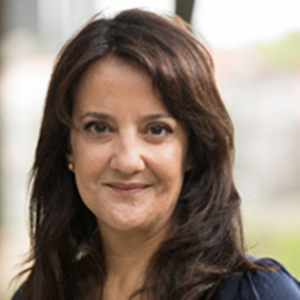
Alessandra Fajardo
Head of Food Chain Partnerships for Latin America, Bayer
Alessandra Fajardo
Head of Food Chain Partnerships for Latin America, Bayer
Graduated in Agronomy Engineering at ESALQ/USP, Alessandra has more than 25 years of experience in the Agribusiness, Institutional Relations and Sustainability sector, having already worked in important companies of this industry. At Bayer, she was Product Manager and Market Manager in the Seeds and Biotechnology in the Crop Science Division. Later, she led the Corporate Affairs area (APSA) of Crop Science for Brazil and was president of the former Council of Information on Biotechnology (CIB) besides representing Bayer in several associations and committees. Among her attributions as Bayer's Stakeholders Engagement and Relationship - Food Chain Partnerships Director are the dialogue and approximation with the company's stakeholders all over Brazil and Latin America focusing on environment climate change, carbon market, biodiversity in the food chain arena.
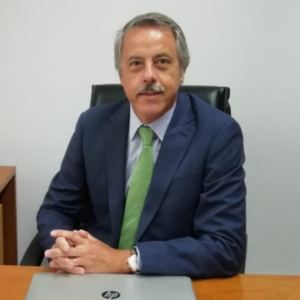
Alfredo Paseyro
Member of the Board, Maizall & Executive Director , ASA – Asociacion Semilleros Argentinos
Alfredo Paseyro
Member of the Board, Maizall & Executive Director , ASA – Asociacion Semilleros Argentinos
More than 30 years working in agribusiness, mainly in regional economies.
Productions with added value destined for international trade.
Excutive Director at Asociación Semilleros Argentinos (Argentine Seed Association – ASA)
Secretary at Maizar
Member of the BoD at MAIZALL
Member of the BoD at Buenos Aires and Rosario Grain Exchanges
Member of BoD at Chamber of Arbitration of the Buenos Aires Grain Exchange
Member at Bilateral Biotecnology and Seeds Commeette Argentina-China
Member at National Commission of Biotechnology Argentina
Member At Working Groups on Intellectual Property, Genetic Resources and Value Chain at International Seed Federation.
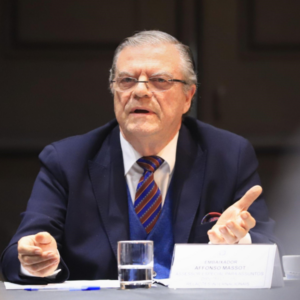
Ambassador Affonso Massot
Executive Secretary of International Affairs, Ministry of International Relations
Ambassador Affonso Massot
Executive Secretary of International Affairs, Ministry of International Relations
Affonso de Alencastro Massot was born in Rio de Janeiro, is a Brazilian diplomat since 1967 and began his diplomatic career at the Ministry of Foreign Affairs of Brazil (Itamaraty).
He served in Brazilian Embassies and Consulates in several countries. He was Third and Second Secretary of the Brazilian Embassy in Rome, and First Secretary to the Embassies of Brazil for Kenya, Nairobi, also accredited to the Embassies in Tanzania, Uganda, Zambia, Mauritius and to the United Nations Environment Programme. He served as First Secretary in Bogota, Colombia.
Massot represented Brazil as a delegate for four years at the Third Committee of the United Nations Organization in New York and was a Member of the Brazilian Delegation to the UN Human Rights Committee in Geneva for four years.
He was Deputy Ambassador in Portugal and subsequently Consul-General in Lisbon, and Ambassador to the Netherlands, to Greece, to Czech Republic and to Lebanon. He was also the Ambassador Extraordinary for Migration Affairs.
He was also the head of the office of the Ministry of Foreign Affairs in São Paulo (ERESP). And subsequently after his retirement, he held the positions of Executive Secretary and Secretary of International Affairs of the municipality of São Paulo between 2017 and 2018.
Massot is currently serving as Executive Secretary of International Affairs of the State of São Paulo.
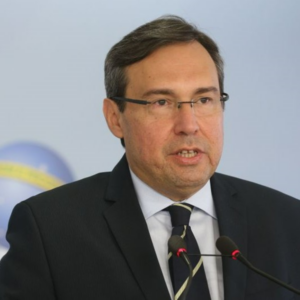
Ambassador Alexandre Parola
Permanent Representative of Brazil, WTO – World Trade Organization
Ambassador Alexandre Parola
Permanent Representative of Brazil, WTO - World Trade Organization
Alexandre Guido Lopes Parola currently serves in the Permanent Mission of Brazil to the World Trade Organization (WTO) and to other Economic Organizations in Geneva since October 2018.
Previously, Ambassador Parola assumed various positions in the Brazilian Government: advisor at the Cabinet of the Minister of Foreign Affairs (1991),at the Cabinet of the Minister of Economy, Finance and Planning (1992) and at the Special Advisory to the Presidency of the Republic (1999); Spokesperson for the President of the Republic of Brazil (2002, 2016-2018); Director of the Economic Department of the Ministry of Foreign Affairs (2015) and President of Brazil Communication Enterprise - EBC (2018).
Ambassador Parola also worked in various positions abroad: Embassy in Washington (1993), Embassy in Santiago (1997), Mission of Brazil in Geneva (2006) and Embassy in London (2011).
The Ambassador has extensive experience in trade negotiations and has held relevant positions as Head of Delegation to the Group of Economic and Trade Issues (BRICS) meetings in Moscow (2015).
Ambassador Parola has been a diplomat since 1988, with a Bachelor's degree in Economics from the Federal University of Rio de Janeiro in 1985, a Master's in Economics from the University of Brasília in 1991, a PhD in Philosophy from the Catholic University of America in 2003 and a PostDoctorate in International Relations and Foreign Policy by the University of Oxford in 2003.
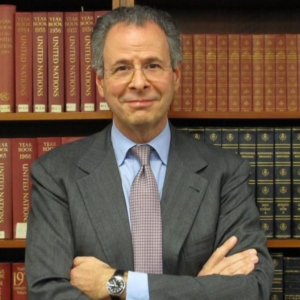
Ambassador André Correa do Lago
Brazilian Ambassador in India, New Delhi.
Ambassador André Correa do Lago
Brazilian Ambassador in India, New Delhi.
Born on 12 August 1959. Married, 4 children. Degree in Economics, Federal University of Rio de Janeiro, 1981. Graduated from Instituto Rio Branco (Brazilian Diplomatic Academy), Brasília, 1983. As a diplomat, since 1983, he has held functions in Brasília in areas such as Trade Promotion, International Organizations, Protocol, Sustainable Development, Energy and Climate Change. Abroad, he has served at the Brazilian Embassies in Madrid (1986-1988), Prague (1988-1991), Washington DC (1996-1999) and Buenos Aires (1999-2001) and at the Mission to the European Union, in Brussels (2005-2008). Director-General of the Department of Energy of the Ministry of External Relations, between 2008 and 2011. Director-General of the Department of the Environment of the Ministry of External Relations, between 2011 and 2013. Chief Negotiator for Climate Change (2011-13) and for Rio+20 UN Conference (2012) Ambassador to Japan from 2013 – 2018 Ambassador to India, presented his Letters of Credentials to H.E. Mr. Ram Nath Kovind, President of India on 7 December 2018. Ambassador to the Kingdom of Bhutan, presented his letter of Credentials to His Majesty King on 04 January 2019. Mr. Corrêa do Lago is the author of a series of books and articles on sustainable development and also on architecture.
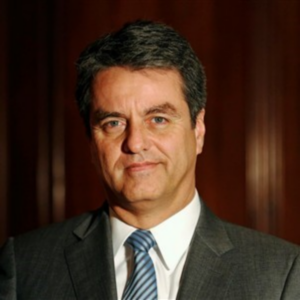
Ambassador Roberto Carvalho de Azevêdo
Chief Corporate Affairs Officer of PepsiCo and Chairman of the PepsiCo Foundation’s Board of Directors

Bárbara Sollero
ESG Milk Sourcing Manager, Nestlé
Bárbara Sollero
ESG Milk Sourcing Manager, Nestlé
ESG Manager at Nestlé Brazil's fresh milk sourcing department, Barbara is an Animal Scientist from University of Viçosa and has been working with initiatives and programs that promote the rural development for more than 13 years. Inspired by the ability to drive change at scale, she participated in a mission at the global Nestlé head office to consolidate the learnings from around the world to create a structured approach to Agripreneurship. Barbara has been driving continuous improvement in economic, environmental, social and animal welfare aspects, leading the first women empowerment project that engages over 400 women in dairy farming, the development of a pioneer app for farmers to track their productivity and sustainability performance, and the Youtube Channel, with exclusive content that communicates directly with more than 1.500 dairy farmers. Her most recent challenge is to lead the agenda towards the Climate Change and Regenerative Agriculture roadmap in dairy farming communities across Brazilian market.
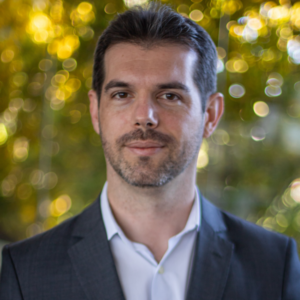
Bruno Barcelos Lucchi
Technical Director, CNA – Confederação da Agricultura e Pecuária do Brasil.
Bruno Barcelos Lucchi
Technical Director, CNA - Confederação da Agricultura e Pecuária do Brasil.
Animal scientists from Federal University of Viçosa, specialist in Ruminant Production form Luiz de Queiroz College of Agriculture – University of São Paulo and master’s degree in Agribusiness from University of Brasília. He currently holds the position of technical director at Brazilian Confederation of Agriculture and Livestock.
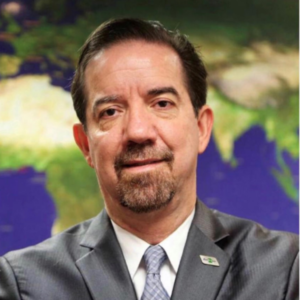
Celso Luiz Moretti
President, EMBRAPA – Empresa Brasileira de Pesquisa Agropecuária
Celso Luiz Moretti
President, EMBRAPA - Empresa Brasileira de Pesquisa Agropecuária
Celso Moretti has a BSc. in agronomy, a Master and PhD degree in Plant Science. He is with the Brazilian Agricultural Research Corporation (Embrapa) since 1994. Dr. Moretti had different executive positions in Embrapa during the last 13 years, such as Head of the R&D Department and Executive Director for R&D. He is alumnus (class of 2016) of the J.F. Kennedy School of Government, Harvard University, USA. He has extensive international experience having presented scientific papers, acted as a consultant and delivered lectures, seminars and conferences in more than 40 countries. He is member of different Boards in institutions in Brazil and abroad. In 2021, he received the “Norman Borlaug Award”, in the category “Sustainability”. He is the President of Embrapa since July 2019.
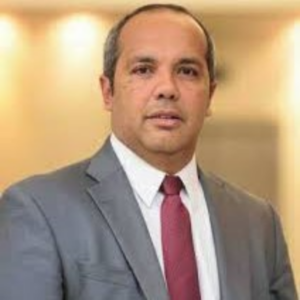
Eduardo Brandão
Executive Director, ABRAFRUTAS – The Brazilian Association of Producers and Exporters of Fruits and By-Products
Eduardo Brandão
Executive Director, ABRAFRUTAS - The Brazilian Association of Producers and Exporters of Fruits and By-Products
Agronomist graduated from UFBA
Specialization in Tropical Fruticulture at UFLA
MBA in Government Relations from FGV
Technical advisor to the national fruit growing commission of the Confederation of Agriculture and Livestock of Brazil - CNA from 2008 to 2019
Technical consultant of the Fruitculture Sectorial Chamber of the Ministry of Agriculture - MAPA
Currently Executive Director of the Brazilian Association of Producers and Exporters of Fruits and Derivatives
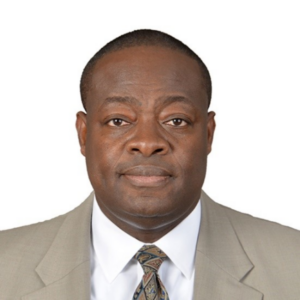
Edwini Kessie
Director, Agriculture and Commodities Division, WTO – World Trade Organization.
Edwini Kessie
Director, Agriculture and Commodities Division, WTO – World Trade Organization.
Edwini Kessie has a Doctorate Degree in Law from the University of Technology, Sydney, Australia and Masters' Degrees in Law from the University of Toronto, Canada and the University of Brussels, Belgium and a Bachelor's Degree in Law from the University of Ghana. He is admitted as a solicitor of the Supreme Courts of England & Wales, New South Wales, Australia and Ghana. He has practised Corporate and Commercial Law in Sydney, Australia and International Trade Law and European Community Law in Brussels, Belgium.
Dr. Kessie has been a staff member of the World Trade Organization (WTO) since January 1995. He has worked in different Divisions, including the Council and Trade Negotiations Committee Division, Development Division and the Institute for Training and Technical Cooperation. He is currently the Director of the Agriculture and Commodities Division and Head of the newly created WTO Delivery Unit. Between June 2012 and May 2017, Dr. Kessie took leave from the WTO to become the Chief Trade Adviser of the Pacific Island Countries and Chief Executive Officer of the Office of the Chief Trade Adviser located in Port Vila, Vanuatu. In this capacity, he provided technical advice on a broad range of trade and investment issues to the Pacific Island countries and supported them in the free trade negotiations (PACER Plus) with Australia and New Zealand.
Dr. Kessie has participated in many international conferences on international trade and written a number of articles on international trade issues. His principal areas of interest are regional integration, agriculture, trade and development and dispute settlement.
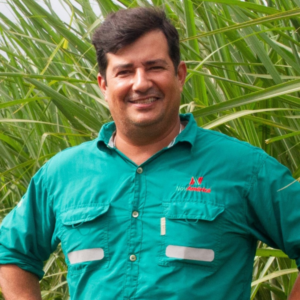
Fabio Rezende Barbosa
Director, Nova América.
Fabio Rezende Barbosa
Director, Nova América.
Fabio de Rezende Barbosa has a Bachelor of Economics from the UFSC (Federal University of Santa Catarina). Additionally, he has extension in “The essence of leadership and consumer” from Harvard, “market strategy planning and implementation strategies” from the Michigan Business School and also attended the “Brand building” from ESPM in Brazil. Fabio started his career as a trainee at NovaAmerica where he had worked across the several different functional areas. He also worked at the commercial areas for some of other family businesses and today he is head of NovaAmerica Agricola. He is a board member of several companies, including Lambarin, Datamarkets, Fomenta Vale, and Cyns.
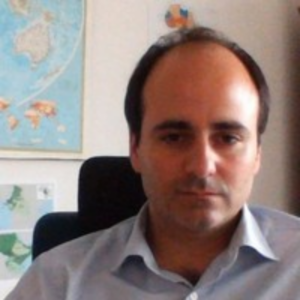
Fernando Ledo Casablancas
Senior Consultant Agribusiness Development Division, Agriculture and Agro-Industry Department, African Development Bank Group
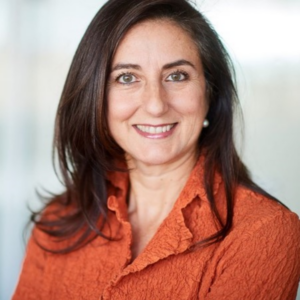
Giulia Di Tommaso
President & CEO, CropLife International.
Giulia Di Tommaso
President & CEO, CropLife International.
Giulia joined CropLife International as President and CEO bringing with her over thirty years of experience leading strategy, transformation change, reputation and sustainability strategies, risk and issue management as well as legal and compliance in global executive roles.
Before joining CropLife International, Giulia was Chief Communications & Sustainability Officer at the Ferrero Group. Her international career includes more than a decade with Unilever at its London headquarters, as well as in Brussels and Africa. She has also been a senior strategic advisor to the United Nations' Food and Agriculture Organization (FAO) on private sector partnership engagement.
Over the years Giulia has built a unique network within international organizations including the World Economic Forum, the World Business Council for Sustainable Development, the Investment Climate Facility for Africa, the Transatlantic Business Dialogue, the EU-Africa Summits, the Southern Corridor of Tanzania, the UN organizations (FAO, IFAD, WFP), the World Bank, and the EU institutions.
Giulia is an attorney at law and holds a LL.M in European law. She is alumna of the Cambridge Institute for Sustainability Leadership, UK. She has led the business and human rights programme at the Venice School - European Inter-University Centre for Human Rights and Democratisation (EIUC) in Venice.
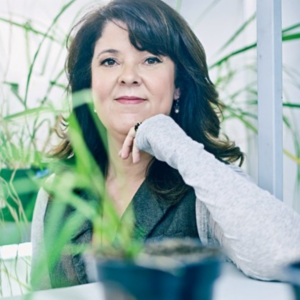
Glaucia Mendes de Souza
Professor, BIOEN FAPESP Universidade de São Paulo
Glaucia Mendes de Souza
Professor, BIOEN FAPESP Universidade de São Paulo
Dr. Glaucia Mendes Souza is a Full Professor at the Institute of Chemistry, University of São Paulo and coordinates the FAPESP Bioenergy Research Program BIOEN. She works on bioenergy sustainability and participates in several international initiatives to disseminate knowledge and advise policy including the International Energy Agency, the Global Bioenergy Partnership (GBEP) and the Biofuture Platform. She is a Board member of the Scientific Committee on Problems of the Environment (SCOPE), the World Bioenergy Association (WBA) and the Brazilian Society of Bioenergy (SBE). At the International Energy Agency Bioenergy TCP she is the coLeader of the Biofuels to Decarbonize Transport Task Force. She is a member of the Federation of Industries of the State of São Paulo Bioeconomy Committee. She is an Eisenhower Fellow. Her work has been selected among the 100 international best practices on the Sustainable Development Goals set by the United Nations; the 5th Global Entreps Awards. She has won several awards including the Invention Award for licensed patents in 2019 and 2020. Dr. Souza started her career as a molecular biologist. Her PhD degree versed on the cellular decision to transition from growth to development. She did two postdoctoral trainings in molecular genetics in the US at the La Jolla Cancer Research Foundation and Baylor College of Medicine. Her lab focuses on sugarcane biotechnology and bioinformatics. She is currently developing a genomics platform for plant improvement to select future-climate resilient plants and working on a systems biology approach to identify metabolites that might be of interest for bio-based chemicals applications and yield improvement.
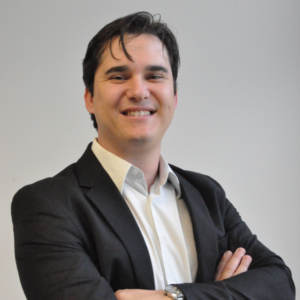
Gustavo Spadotti Amaral Castro
General Head, Embrapa Territorial.
Gustavo Spadotti Amaral Castro
General Head, Embrapa Territorial.
Agronomy Engineer, M.Sc. and D.Sc. in Agriculture (Phytotechnology) by the Agronomic Sciences Faculty at Unesp/Botucatu, is the Head of Embrapa Territorial. Has worked as an university professor and researcher of agricultural inputs prior to joining Embrapa in 2012. In Embrapa Amapá’s Technology Transfer Department, has worked with field research on cultivar competition, production systems, crop rotation and Integrated Crop-Livestock-Forestry (ICLF). Came to Embrapa Satellite Monitoring (Campinas, SP), currently Embrapa Territorial, in 2015 to work with agricultural macrologistics, the Brazilian Rural Environmental Registry (CAR) and strategic territorial intelligence systems for the Caatinga and Cerrado Brazilian biomes. Has managed teams at both Embrapa’s centers. Is a peer reviewer for 23 journals and funding agencies. Has published 1 book, 86 papers in peer-reviewed journals, 8 book chapters, and has delivered over 150 lectures and paper presentations in national and international events.
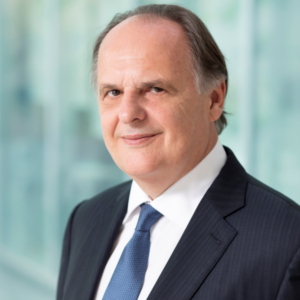
Jacyr Costa Filho
Chairman, FIESP’s Agribusiness Board
Jacyr Costa Filho
Chairman, FIESP’s Agribusiness Board
Jacyr Costa Filho has a B.Sc. in Civil Engineering and B.A. in Business Administration, and undertook a specialization course in Marketing at IMD - International Institute for Management Development, in Lausanne, Switzerland. With over 35 years of experience in the sugar and bioenergy sectors, he held top management positions in companies, such as Açúcar Guarani, Brasil Álcool, and the trading company SCA . He was a pro-active member of the Global Executive Committee of the French cooperative group Tereos, while also had executive responsibility for its Brazilian business units, between 2006 and 2021.
Currently, Jacyr is a partner at Agroadvice, a consulting company specialized in Agribusiness, and is a member of the Board of Directors of companies linked to the agroindustry sector.
He is an active participant in several business entities, he acts as Financial Director of FIESP ( Federation of Industries in the State of São Paulo) where, since September 2016, he acts as Chairperson.
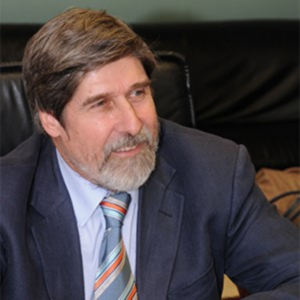
José Mª Sumpsi
Emeritus Professor of Agrarian Policy (UPM) and Member of the High-Level Panel of Experts of the United Nations World Committee on Food Security (UN), Former Triptolemos President
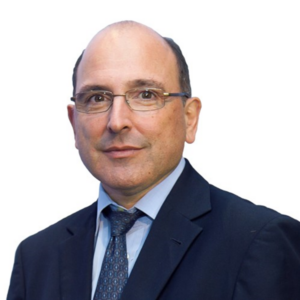
Juan Gabriel Aguiriano Nalda
Head of Sustainability and Technology Ventures, Kerry
Juan Gabriel Aguiriano Nalda
Head of Sustainability and Technology Ventures, Kerry
Juan Aguiriano is a corporate sustainability pioneer with over 25 years’ experience leading businesses
and working at C-suite level at some of the world’s biggest food, chemical and fibers companies to
provide strategic guidance in helping develop and implement innovative strategies to transform
businesses and operations towards triple-bottom line sustainability.
Currently leading the sustainability strategy at the Kerry Group, a world leader in Taste and Nutrition,
Juan is focused on creating significant, positive impact on the environment and society, by driving
businesses’ sustainability leadership.
Expert in corporate strategies for sustainability, risk management, business innovations and
organizational change, as well as stakeholder engagement and communications, Juan has worked with
executives in some of the world’s top 500 corporations, to transform the way they do business, and
ensure they are incorporating societal and environmental criteria in their values, behaviors, strategies
and business decision making.
Juan is also focused on disruptive and emerging sustainable technology ventures investments,
partnerships and collaborations which have the potential to transform existing markets, products and
value chains in profitable and sustainable ways.
Juan has a Bachelor’s degree in Economics and Social Sciences from the University of Geneva in
Switzerland and a Master’s degree in Economics and Business from the University of Texas at Austin in
the United States. He also has furthered his competences in strategy and sustainability in several
executive leadership programs at IMD, Lausanne, Switzerland and IESE, Barcelona, Spain. He speaks five languages fluently.
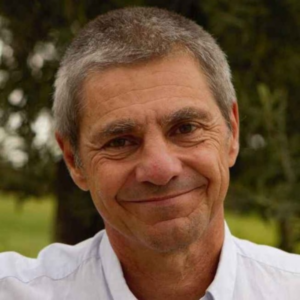
Julio Berbel
Professor of Agricultural Policies, Forestry and Rural Policies, Sustainable Agricultural Systems, University of Córdoba, Triptolemos Foundation member
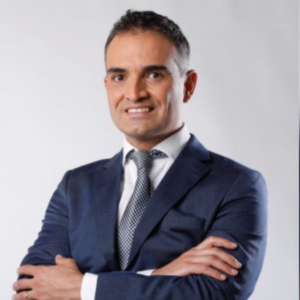
Leonardo Bichara Rocha
Senior Agriculture Economist, The World Bank.
Leonardo Bichara Rocha
Senior Agriculture Economist, The World Bank.
Leonardo Bichara Rocha is currently a Senior Economist at the World Bank, Brazil Office. He has nearly 20 years of Agricultural Markets and Rural Development experience. Prior to joining the Bank, he worked for the International Fund for Agricultural Development - IFAD as Country Programme Officer (CPO), managing a multimillion dollar portfolio of rural investment projects. Leonardo also worked as a Senior Economist at the International Sugar Organization (ISO) based in London, UK, where he led research and analysis on soft commodities and biofuels. Leonardo has a PhD and an MSc in Economics from the University of Essex, UK, and a BA from the University of Brasília. Leonardo holds a Certificate in International Public Financial Management from CIPFA and has completed a Leadership Course at Harvard University.
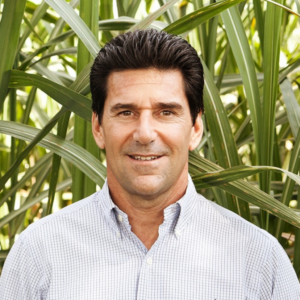
Leontino Balbo Jr
Director, Usina São Francisco.
Leontino Balbo Jr
Director, Usina São Francisco.
Agricultural Director of the São Francisco Mill and Director of Santo Antonio Mill since 1988.
Commercial Director of Usina São Francisco for organic products since 2003
Executive Vice President of Native Organic Products since 2011.
Graduated in Agronomic Engineering in 1984 from the Faculty of Agrarian and Veterinary Sciences - Jaboticabal campus, Júlio de Mesquita Filho State University. Developed and implemented the "Green Sugarcane Project" on 22,000 hectares, aiming at organic production of sugarcane, being responsible for the pioneering production in Brazil of organic sugar, sold in Brazil and exported to more than 60 countries around the world under the brand name "Native". This project contributed to the worldwide recognition of the São Francisco plant as "Ecological Sugar Plant" and "Sustainable Power Plant". He joined the company in 1984. Leontino has idealized and developed a new biological production system that goes beyond the traditional organic system. The new idealized system provides higher productivity than conventional crops, without the use of any chemical fertilizers or pesticides.
The new production system is called ERA - Revitalizing Ecosystem Agriculture.
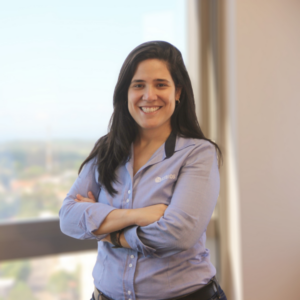
Letícia Oliveira
Risk manager, BSBIOS
Letícia Oliveira
Risk manager, BSBIOS
Professional with over 12 years of experience in energy and agricultural markets. Career developed in commodities (Soy, Soybean Meal, Soybean Oil and Biodiesel), passing through national and international trading. Great focus in the area of risk management with intense experience in hedging commodities, trading, feedstock origination, market Intelligence and treasury with great experience in strategic management of financial derivatives.
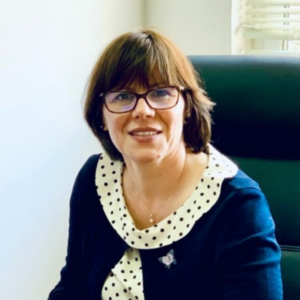
Lindita Molla
Head of Health & Environmental Department, National Public Health Institute
Lindita Molla
Head of Health & Environmental Department, National Public Health Institute
She has over 21 years of experience at the National Institute of Public Health as an expert in the field of Public Health/Food Safety/AMR in Food Chain. During this time, she has followed the legislative, technical, research, epidemiological and interpretative aspects of food safety issues. She has been a coordinator of several research projects in collaboration with international organizations. She has a rich academic level as a lecturer and as an author of different textbooks.
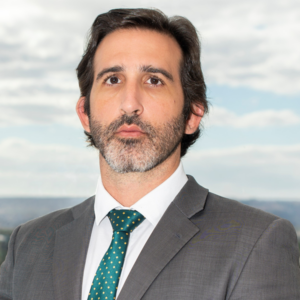
Lucas Fiuza
Business Director, Apex-Brasil
Lucas Fiuza
Business Director, Apex-Brasil
von Mises Institute Brazil and the Ítalo Brasileiro University Center (2019).
He has extensive professional experience in business management and foreign investment, especially in the real estate and tourism sectors. He was Chief Executive Officer (CEO) and member of the Board of Directors of companies related to civil construction and real estate development for more than a decade.
In 2019 he started working in the public service, taking over the General Coordination of Entrepreneurship Promotion, Investment Attraction and Fungetur (General Tourism Fund) where he achieved a capitalization increase from R$ 32 M to R$ 5 B. In 2020, he took over the National Secretary of Investment Attraction, Partnerships and Concessions, at the Ministry of Tourism. As National Secretary, he was the deputy State Minister of Tourism, having represented Brazil in a G20 meeting.
As National Secretary, he had his management formally recognized by the main organizations in the sector and implemented the Tourism Investment Online Portal, a market intelligence tool, marketplace, and enterprise mapping in the tourism productive chain, in order to increase the efficiency and impact of investment attraction roadshows. He led the creation of the Tourism Connectivity Mobility Forum, a formal environment created to discuss solutions and assessments to subsidize public policies in the sector.
Since July 2021, Since July 2021, Mr Fiuza took the position of Business Director at the Brazilian Trade and Investment Promotion Agency (Apex-Brasil), being responsible for the Agency's strategy towards the promotion of Brazilian products and services abroad, as well as for supporting the internationalization of Brazilian companies and the attraction of foreign direct investments to strategic sectors of the Brazilian economy, carrying an intensive global agenda to disclose the actual improvement in the business environment scenario trough the major structural reforms and the unprecedented market opening in Brazilian history.
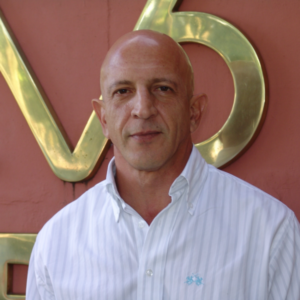
Luiz Josahkian
Superintendent, ABCZ
Luiz Josahkian
Superintendent, ABCZ
. BS in Animal Science from Faculdades Associadas de Uberaba - FAZU;
. Specialization in Ruminant Production from Universidade Federal de Lavras - UFLA;
. Master's in Genetic Improvement from Universidade Federal de Viçosa - UFV;
. Technical Superintendent of the Brazilian Association of Zebu Breeders;
. Effective jury member for the Zebu breeds;
. He has huge expertise in Animal Science, with emphasis on animal breeding;
. Working mainly on the following topics: improvement of beef and dairy cattle, genealogical registration of zebu cattle and judgment of zebu breeds.
. Writer for Globo Rural Magazine;
. Licensed Professor of Animal Breeding at FAZU;
. Married to Márcia A. Josahkian, father of Juliana and Fernando and grandfather of Olivia.
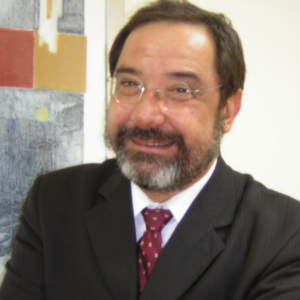
Marco Fujihara
Executive Coordinator, Brazilian Forum on Climate Change.
Marco Fujihara
Executive Coordinator, Brazilian Forum on Climate Change.
Marco Antônio Fujihara, Agronomist, with more than 40 years of professional experience. He worked with Multilateral Organizations (WB, IDB) in the elaboration of Investment Funds. He was PWC's Sustainability Director in Brazil with operations in Latin America. with a specific focus on Carbon Finance and corporate sustainability. He is currently dedicated to innovative solutions at Techsocial, SINAI and ECOFIX, where he develops digital platforms in sustainable finance with the help of credit instruments and venture capital. Also Prof. Guest FIA- Administration Institute (Sustainability and Compliance) and IBGC Brazilian Institute of Corporate Governance, as well as executive coordinator of FBMC (Brazilian forum on climate change)
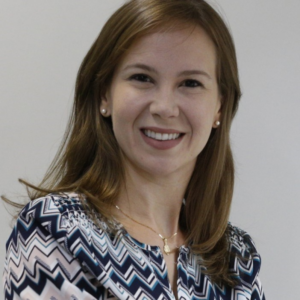
Mariane Crespolini
PhD in Economic Development and Former Director of the Ministry of Agriculture, Livestock and Food Supply, Brasília, Brazil.
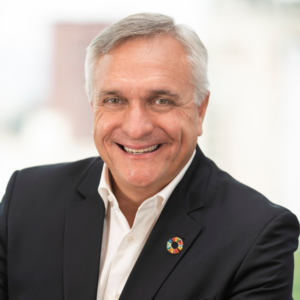
Mauricio Adade
President Latin America & Global Malnutrition Partnerships and Programs, DSM
Mauricio Adade
President Latin America & Global Malnutrition Partnerships and Programs, DSM
Mauricio Adade, Brazilian, is a Food Engineer graduated from the State University of Campinas
(Unicamp-Brazil), with a Master Degree in Business Administration from the Escola Superior de
Propaganda e Marketing (ESPM) in Sao Paulo, Brazil. He began his career at the company in 1988
and worked in various areas in Brazil, Mexico and Switzerland. In 2015, he returned to Brazil and
assumed the position he currently holds, of DSM’s President in Latin America, being responsible
for implementing regional strategies in 16 countries and leading more than 2,000 people.
Since 2016, Mauricio is the President of Global Malnutrition Partnerships & Programs and
Chairman of the Board of Africa Improved Foods, in Rwanda (Africa). The main responsibility is to
actively develop and implement public, private and other partnerships and programs, effectively
addressing malnutrition issues around the globe.
The Africa Improved Foods (AIF) was one of those implemented projects at DSM to increase the
company's performance in the fight against global malnutrition. As a result, the company
invested in a factory in Kigali, Rwanda, which produces fortified foods for 1.5 million
malnourished children and young women. In Colombia, DSM signed a pact with the government
in the “Gran Alianza por la Nutrición” project, with a commitment to promote effective nutritional
strategies and interventions to reduce anemia and micronutrient deficiencies in the population,
with a focus on pregnants and on children (first thousand days of life to five years).
In addition, DSM has partnered with several institutions to raise the flag in the fight against
malnutrition, such as UNICEF, World Food Programme, Gastromotiva, Vitamin Angels, World
Vision, among others. One of DSM's goals is to expand projects similar to the AIF to Brazil and
other Latin American countries.
As an executive of a company with the ideals and purposes of DSM, Mauricio seeks to be as close
as possible to actions and meetings that discuss improvements in sustainability, climate and
human conditions. It has actively participated in the Davos meeting since 2015 to follow the
established guidelines and the needs of the planet.
DSM understands that society's shift towards a low carbon economy is an urgent measure and,
therefore, through innovation and technology, it creates solutions to reduce carbon emissions
both in the production of materials for vehicles and electronics and in science. In addition, the
company focuses on accelerating the arrival of productions to Brazil, such as in the areas of
Medical Nutrition and bioinnovation.
Mauricio Adade is also a Member of the Advisory Board of ABIA (Brazilian Food Industry
Association); Chairman of the Board of Directors of ABBI (Brazilian Association of Bioinnovation);
Member of the Board of GAIN (Global Alliance for Improved Nutrition); Board Member at Enactus
(Entrepreneurial Action creating a better world); Member of the Legacy of CEOs of Fundação Dom
Cabral; and Member of the Board of CEBDS (Brazilian Business Council for Sustainable Development).
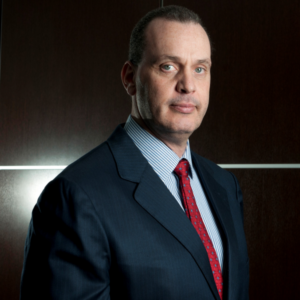
Milton Steagall
President, Brasil Biofuels
Milton Steagall
President, Brasil Biofuels
Entrepreneur having over 30 years´ experience in the Biofuels segment, Milton Steagall began to study the energy challenges of the Amazon region in the early 2000s.
In 2008, with the proximity of the promulgation of the Oil Palm Agroecological Zoning, he founded Brasil BioFuels (BBF) in order to participate in the auctions for power generation using as fuel the biodiesel of its own manufacture.
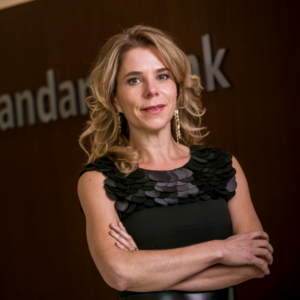
Natália Dias
President, Standard Bank Brasil
Natália Dias
President, Standard Bank Brasil
Natalia Dias has more than 25 years of experience in Investment Banking, both in Brazil and in the United States, with an emphasis on Capital Markets, Syndicated Loans, Project Financing and Relationship Management areas. She has served as CEO of Standard Bank Brasil since 2018, and as Director of Energy and Infrastructure at Standard Bank Group for Latin America since 2012. She is also a member of Standard Bank International’s International Executive Committee since 2018. She coordinates the Financial Ecosystem working group at the Brazilian Chapter of the 30% Club, a global campaign to promote diversity & inclusion at the Board level. Prior to Standard Bank, she has held different investment banking leadership positions at major global financial institutions including JP Morgan Chase, Bank of America Merrill Lynch, ING Bank and Banif Investment Banking. She also served as coordinator of the Real Estate Receivables Certificates Committee of the Brazilian Association of Financial and Capital Market Entities (ANBIMA) between 2010-2015. Natalia has a degree in Public Administration from Fundação Getúlio Vargas and a specialization in finance from the Amsterdam Institut of Finance. Natalia is fluent in Portuguese, English and French. She is also a Board Member certified by Fundação Dom Cabral (PDC – Program de Desenvolvimento de Conselheiros, 29th Cohort, 2018), in addition to having being part of the 5th Cohort of PDeC (Programa Diversidade em Conselho), a Board Diversity Program sponsored by B3, IBGC, IFC, Spencer & Stuart, WCD (Brazil, 2020/21). She is also a certified ESG Board member by the ESG Competent Boards Global Certificate and Designation Program (Canada, 2022).
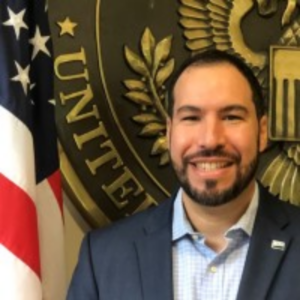
Nicolas Rubio
Consul for Agricultural Affairs, U.S. Consulate General – São Paulo, USDA – United States Department of Agriculture
Nicolas Rubio
Consul for Agricultural Affairs, U.S. Consulate General - São Paulo, USDA - United States Department of Agriculture
Nicolas Rubio is the Director of the USDA’s Agricultural Trade Office (ATO) in Sao Paulo, Brazil. As the Director, he oversees programs to assist U.S. agricultural and food companies to export to Brazil. Before arriving in Sao Paulo, he served as the Cooperators Program Chief for the Livestock and Seafood Products Branch, managing USDA’s Market Development programs. Nicolas was also the Agricultural Attaché in Brasilia (2014-2018) and in Pretoria (2011-2014). Nicolas has a Master’s degree in Latin America Business Development and a Bachelor’s degree in Economics from the University of Florida.
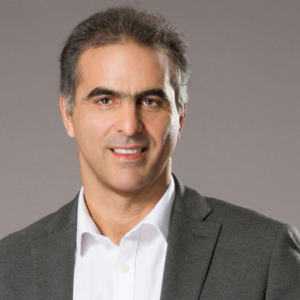
Pablo Di Si
Executive Chairman, Volkswagen Latin America
Pablo Di Si
Executive Chairman, Volkswagen Latin America
Pablo Di Si became Executive Chairman for the Latin America region on January 1, 2022, focusing on strategic business issues in the region. The position covers operations in 29 countries, including Brazil, Argentina and countries in South and Central America.
Pablo Di Si led a business transformation at Volkswagen Latin America with the expected return of positive results in fiscal 2021. In the last 4 years, Volkswagen has promoted the biggest offensive of new products in its history adapted to the needs of the region, launching the Novo Polo, Virtus, T‑Cross, Nivus and Taos, among others, thanks to the investment cycle completed in 2021. Pablo was responsible for restructuring the organization with a focus on intense cultural transformation, creating new business models, accelerating digitization and improving customer satisfaction. During his management, Volkswagen became the leader in the compact SUV segment in Brazil and the brand maintained its position as the largest producer and exporter of light vehicles in the country.
Currently, Pablo Di Si has been leading the sustainable mobility movement in Brazil advocating Ethanol usage for CO2 emissions reduction as a complementary strategic pillar for flex, hybrid and electric vehicles. Di Si approved in the VW Group Board the R&D Biofuels Center in Brazil for the complete VW Group, reinforcing the region strategic relevance for the global strategy WayToZero.
Pablo recently announced the second investment cycle under his management. In the order of BRL 7 billion for the Latin America region, for the period from 2022 to 2026, it aims to further strengthen VW's competitive position in this important market and be geared to sustained profitability. In addition to further local vehicle projects, in particular digitalization and decarbonization in South America are to be given an additional boost, which includes the above-mentioned R&D Center. Pablo Di Si started his career at the Volkswagen Group in 2014 and took on the position of President and CEO of Volkswagen Latin America in October 2017.
Graduated from Harvard Business School (AMP 2011), he has an MBA in International Management from Thunderbird, School of Management (2002). He graduated in Accounting from Northwestern University (1996). Pablo Di Si also holds a Bachelor's degree in Business Administration, with a specialization in Finance, from Loyola University of Chicago (1994). In 2018, he completed the Managing Efficient Boards program at Harvard University. In 2017, he completed the CEO Global Program at Wharton, IESE and CEIBS Business School and was elected President of AHK Argentina (Argentine Chamber of Industry and Commerce – Germany).
Previously, Pablo held key positions in Finance and Business Development at FCA – Fiat Chrysler Group – in the United States and Brazil, where he lived for 11 years (in the cities of São Paulo, Curitiba and Belo Horizonte)
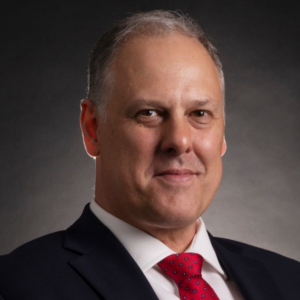
Paulo Bertolini
President, Maizall, Castro, Brazil
Paulo Bertolini
President, Maizall, Castro, Brazil
Paulo Bertolini is a corn grower in the Southern Brazilian state of Parana and outgoing President of MAIZALL, the alliance of maize producing organizations in Argentina, Brazil and the U.S. He is also part of a family business that runs a beef cattle operation, produces limestone for agricultural purposes, processes grain for human and animal consumption and sells grain storage equipment. Paulo, a trained veterinary, is a founding member of Abramilho, the Association of Brazilian Corn Growers and joined the MAIZALL Board in 2019.
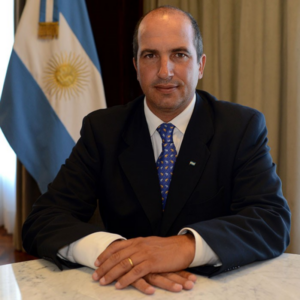
Pedro Vigneau
President, MAIZAR
Pedro Vigneau
President, MAIZAR
Married 28 years ago to Eugenia, and parent of three children, Facundo, Trinidad and Juano.
Bachelor of Agricultural Economics - Agricultural Producer
President of MAIZAR – Argentine Corn and Sorghum Association – since 2021.
Professor at the University of Belgrano
Honorary President of AAPRESID (Argentine Association of Direct Sowing Producers). President from 2016 to 2018
Undersecretary of Agroindustrial Markets of the Foreign Trade Secretariat of the Ministry of Production and Labor, during 2019.
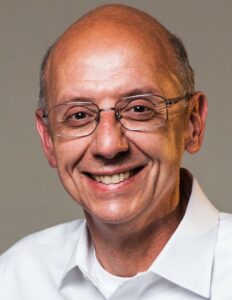
Plinio Nastari
President, DATAGRO
Plinio Nastari
President, DATAGRO
Dr. Nastari holds M.Sc. and Ph.D. degrees in Agricultural Economics, from Iowa State University.
Phi Kappa Phi (1983), Gamma Sigma Delta (1983).
Was Professor of Economics at FGV – The Getúlio Vargas Foundation, in São Paulo, in undergraduate and graduate level courses (MBA, Masters and Doctoral programs) from 1984 to 2001.
Member of PAPSAC, the Private and Public, Scientific, Academic and Consumer Food Policy Group, at Harvard University, in Cambridge, MA, USA, since 2012.
Professor at the MBA in Agribusiness Joint Programme established between ESPM in São Paulo and Université de Nantes, France, since 2015.
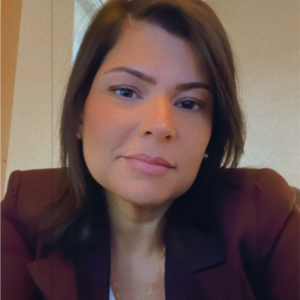
Rejane Souza
Vice President – Crop and Agronomy, Yara International
Rejane Souza
Vice President - Crop and Agronomy, Yara International
Rejane Souza, Yara’s VP Crop Knowledge and Agronomy is a passionate agronomist, who grew up on a farm and comes from the farming business in Brazil. She has also pursued some other titles during her career and holds a masters degree in Strategic Marketing and Administration and another one in Commercial Management, besides more than 15 years of experience, in the agricultural business. She’s had the chance to work in many areas such as agronomy, sales, marketing, R&D and also value chain projects. Her strong belief on a more sustainable food production system transformation for the future, is what drives her actions and projects and for that to be achieved, we need all ‘hands on deck’, hence diverse workplaces are a must have to face challenges and grab opportunities from different angles. DEI advocate, she strongly believe that actions speak much more than words, so keep moving regardless of how difficult things may sound.
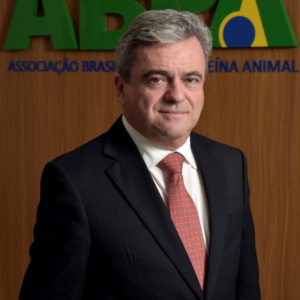
Ricardo Santin
President, ABPA
Ricardo Santin
President, ABPA
Before of these advisory positions, he was a lawyer, university professor and chairman of CEAGESP's Board of Directors.He is a lawyer, specialist in Civil Procedure, Master in Political Science. Member of the BRICS Business Council (CEBRICS), member of the Brazilian Business Coalition (CEB), member of the Brazil-United States Business Council (CEBEU), member of the Brazil-Japan Business Council Session, and member of the CNI International Integration Council at MAPA. He is a member of the Thematic Chamber of International Agricultural Negotiations and of the Poultry and Pork Chamber. And he is also a member of the IPA / FPA Environmental Working Groups, Property Law and the Legal Committee and Member of the FACTA Board of Trustees.
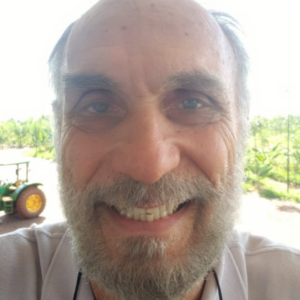
Roberto Ribeiro Carvalho Pini
Director of Agricultural Development, Nova Era Institute.
Roberto Ribeiro Carvalho Pini
Director of Agricultural Development, Nova Era Institute.
Agronomist graduated from ESALQ-USP, with 49 years of dedication to agribusiness, expert in agroforestry and agroecological systems, he is also an idealist for the empowerment of poor family farmers, as the basic, solution to fight poverty, for food security and for environmental, economic and social sustainability.
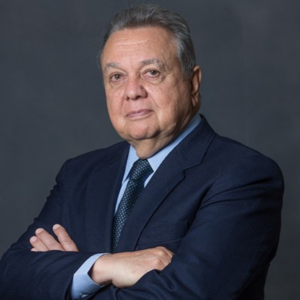
Roberto Rodrigues
Former Minister of Agriculture, Livestock and Food Supply, Coordinator, Agribusiness Center of FGV-EESP, Special Ambassador of FAO for Cooperativism
Roberto Rodrigues
Former Minister of Agriculture, Livestock and Food Supply, Coordinator, Agribusiness Center of FGV-EESP, Special Ambassador of FAO for Cooperativism
Agronomist and Farmer, Coordinator of the Agribusiness Center at FGV and FAO Special Ambassador for Cooperatives.
He is also a member of countless business, institutional and academic boards.
He was professor of the Department of Rural Economy, UNESP – Jaboticabal/SP and chaired the Superior Council of Agribusiness of FIESP – COSAG, Brazilian Rural Society - SRB, LIDE Agribusiness, Brazilian Agribusiness Association - ABAG, National Academy of Agriculture of SNA and International Alliance of Cooperatives – ICA and Brazilian Cooperatives Organization – OCB. He has also served as Minister of Agriculture, Livestock and Supply (2003-2006) and Secretary of Agriculture of the State of São Paulo (1993/1994). Has 9 published books
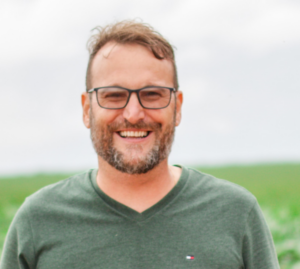
Rogerio Vian
President, GAAS – Associated Sustainable Agriculture Group
Rogerio Vian
President, GAAS – Associated Sustainable Agriculture Group
Rogério Vian is a second-generation farmer in Mineiros and Caiapônia, Goiás state, Brazil, where he cultivates organic soy in large-scale as well as corn, sorghum and sesame, sugarcane, eucalyptus and many types of cover crops. Agricultural technician and undergraduate as agronomist, he is also founding member and president of GAAS (Associated Group for Sustainable Agriculture) and Director of the following associations: Association of Soy and Corn Producers of Goiás (APROSOJA-GO), Goiás Institute of Agriculture (IGA) and Goiás Association of Cotton Producers (AGOPA).

Tirso Meirelles
President, SEBRAE
Tirso Meirelles
President, SEBRAE
Economist and postgraduate in Business Administration and Public Policy from Fundação Armando Álvares Penteado (FAAP), he is president of the Deliberative Council of the Support Service for Micro and Small Businesses in the state of São Paulo (SEBRAE-SP) and vice president of the Federation of Agriculture and Cattle of the State of São Paulo (FAESP). He also serves as an advisor to the Federation of Industries of the State of São Paulo (FIESP) on the Agribusiness, Economic and Micro and Small Industry Councils, at the University of São Paulo (USP) and at the Universidade Estadual Paulista (UNESP).
It has actively participated in SEBRAE-SP activities since 2000, supporting the elaboration and implementation of programs that considerably expanded the entity's activities into small businesses and rural properties, in addition to commercial promotion actions, aimed at opening new markets, integration of links of the most diverse production chains.
As VP of FAESP, he recently led the entity's campaign for the exemption of agribusiness in São Paulo, having been successful with the reduction of ICMS – Tax on Circulation of Goods and Services; implemented, in partnership with major e-commerce and technology players, a digital platform, which brought food supply and demand together, and has built partnerships so that rural producers, especially micro, small and medium-sized ones, access new technologies, especially with Embrapa.
It is a strong supporter of the creation and consolidation of startups, including agtechs, from São Paulo, having approved the investment of R$ 200 million by Sebrae-SP in this segment

